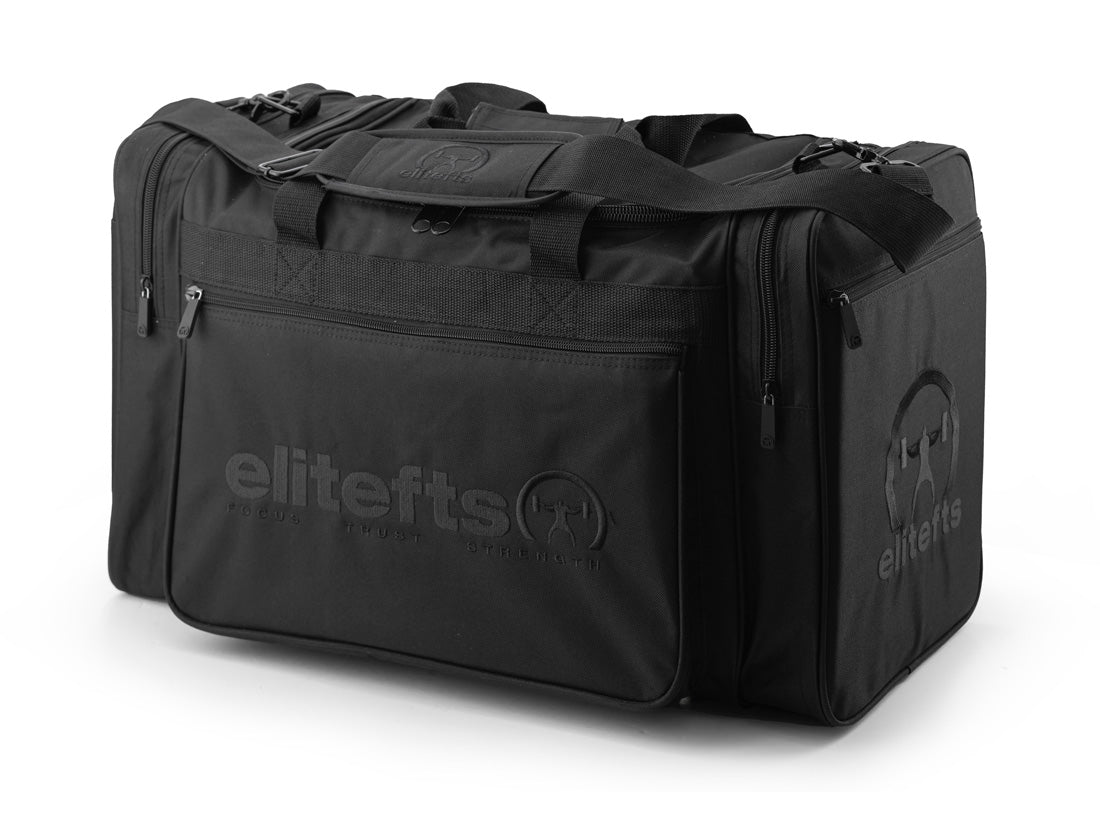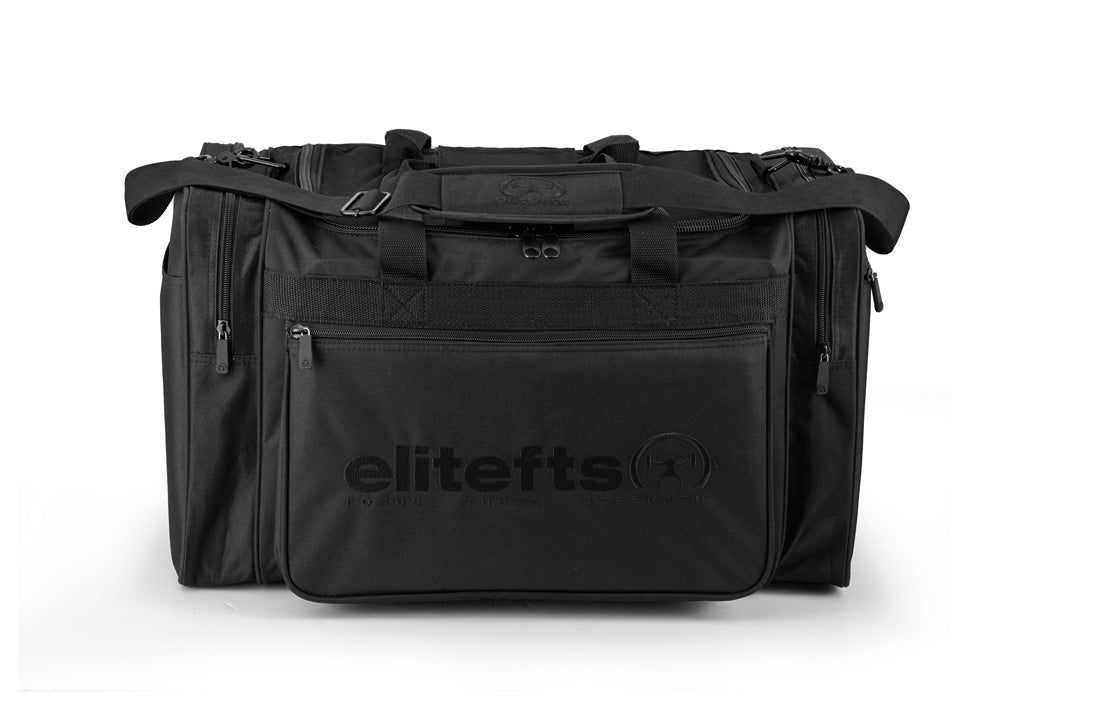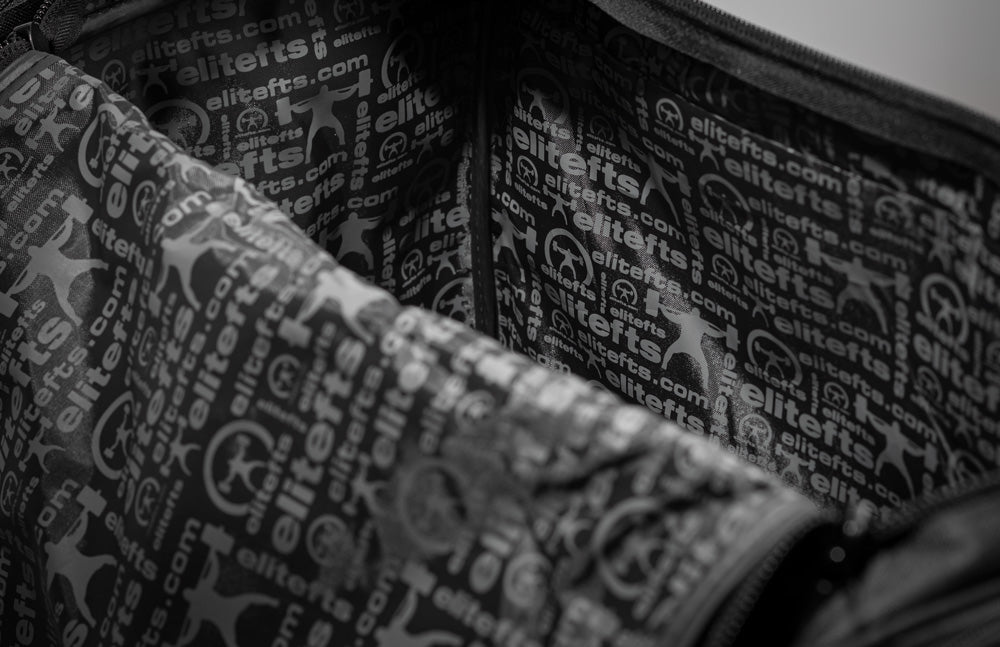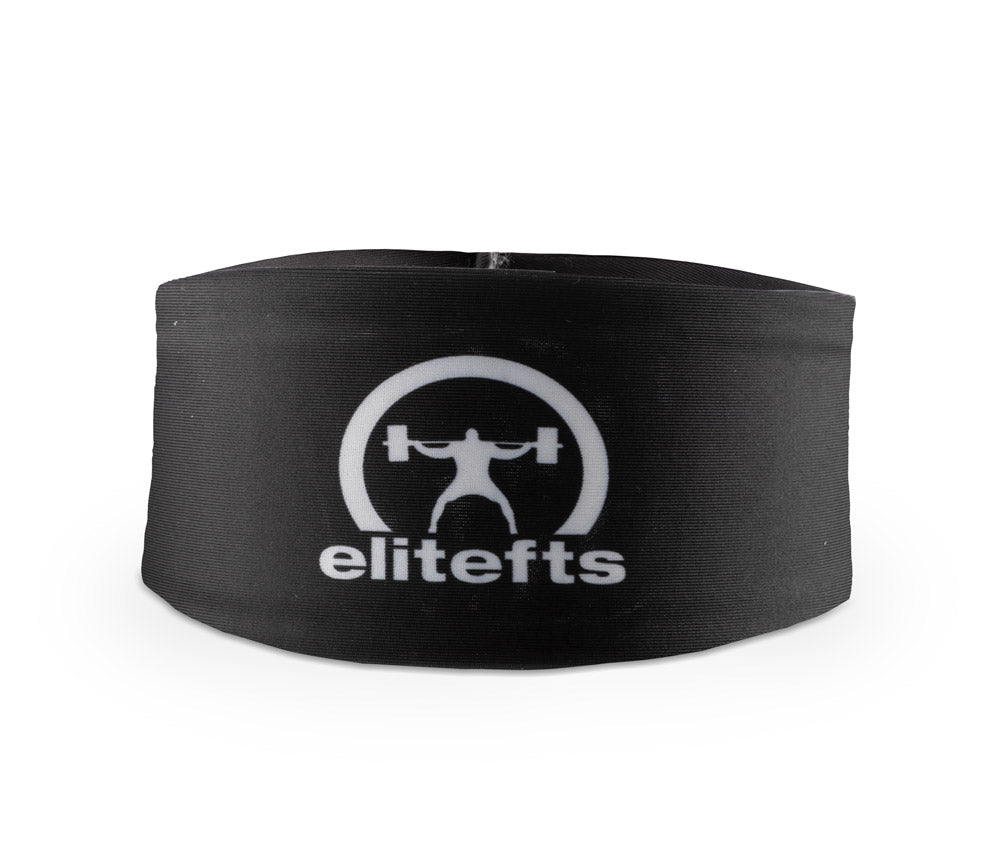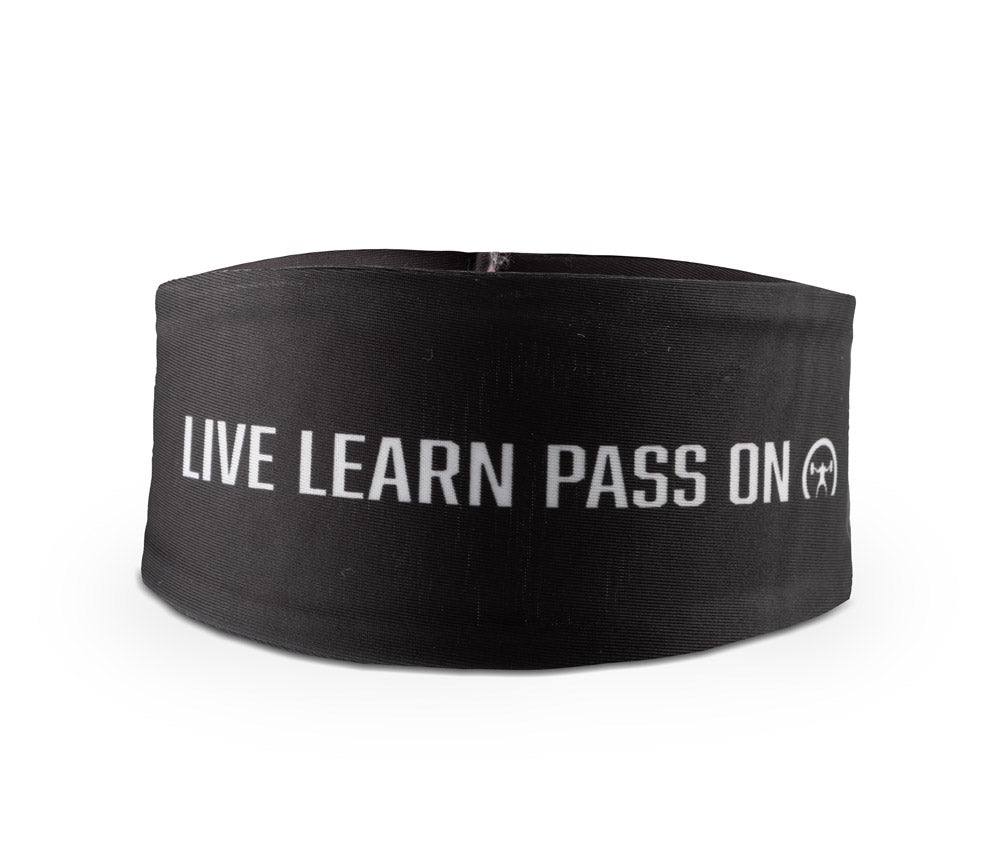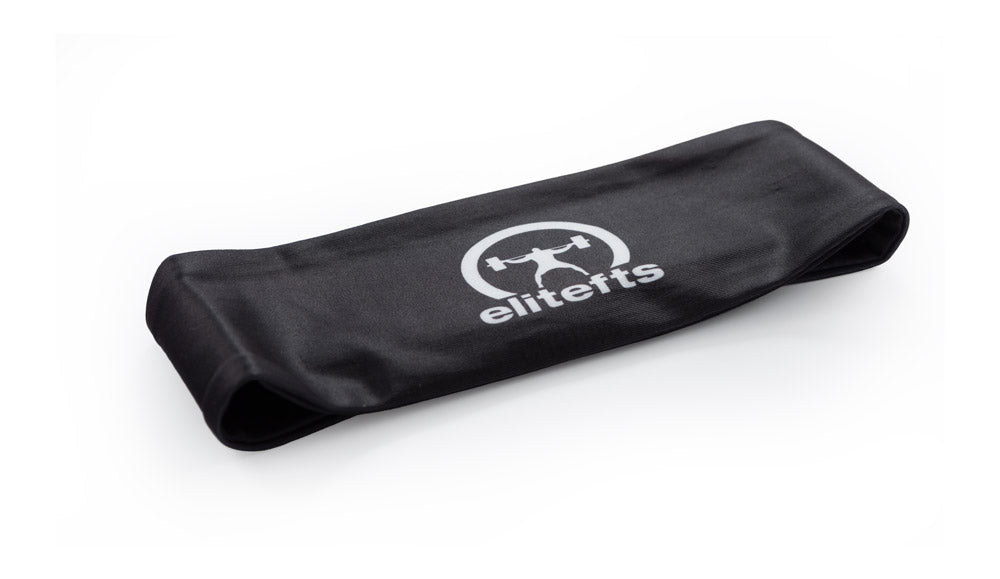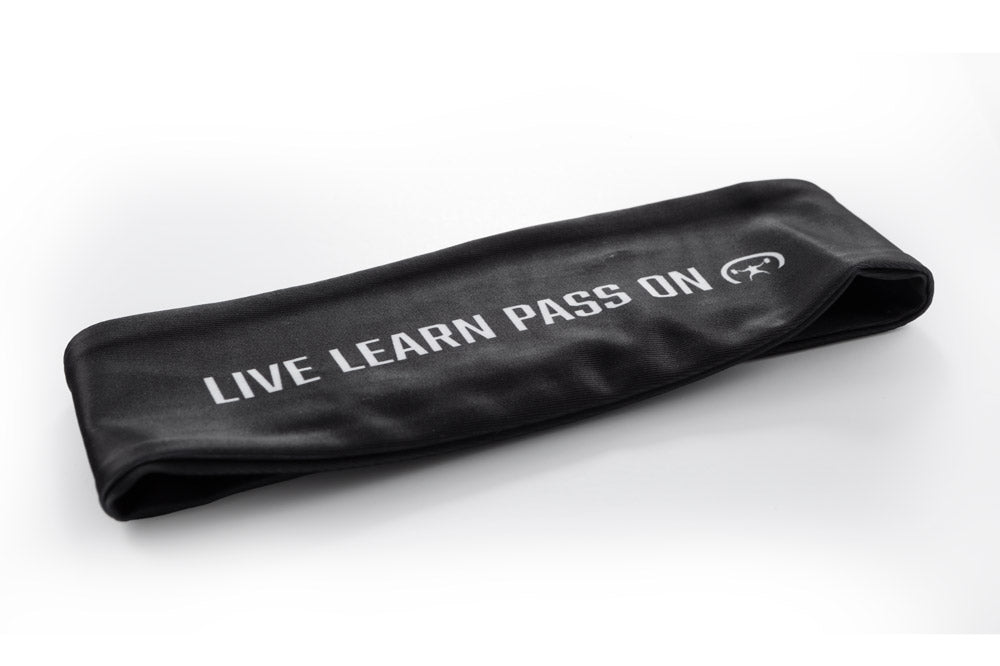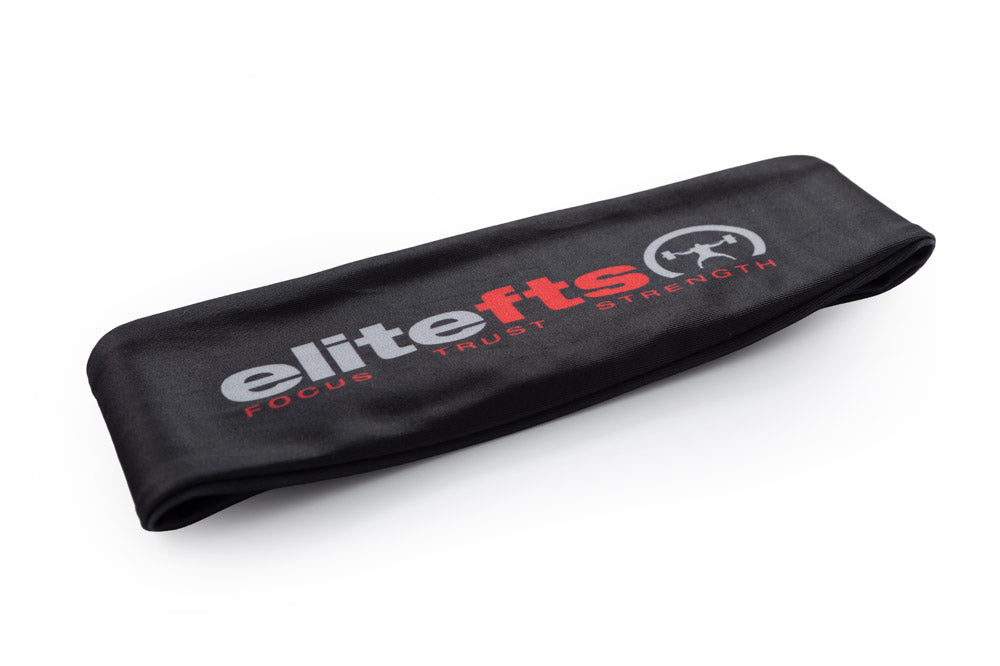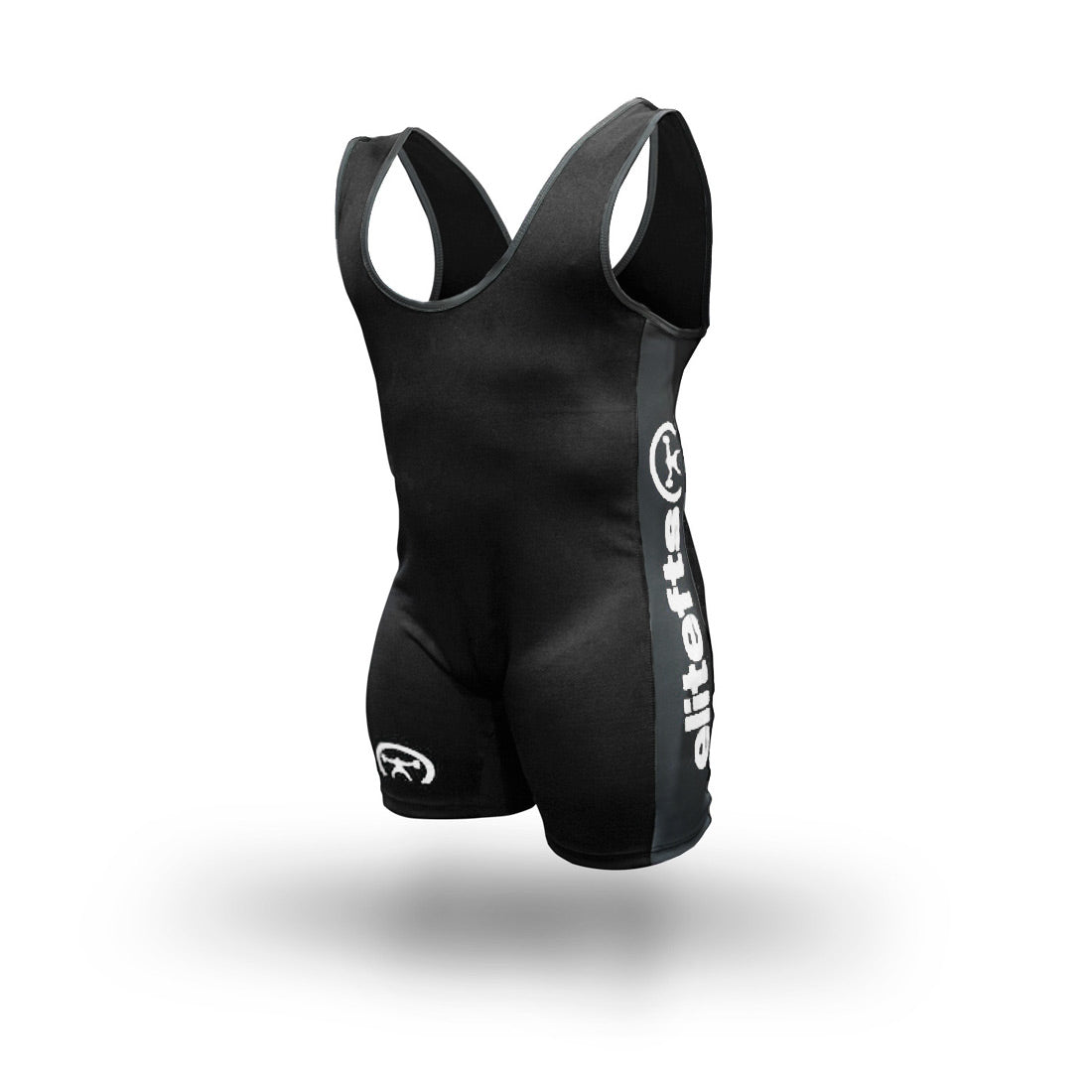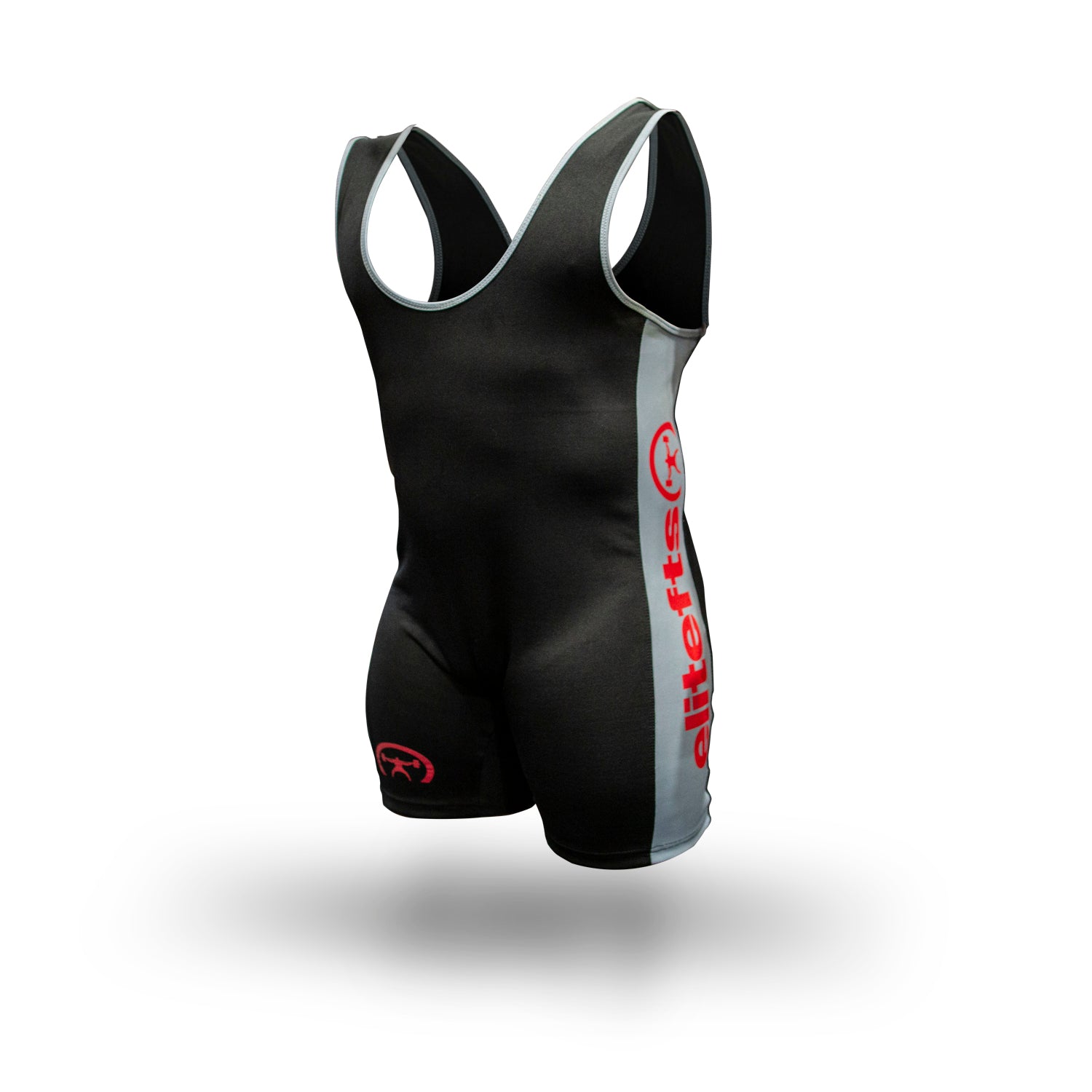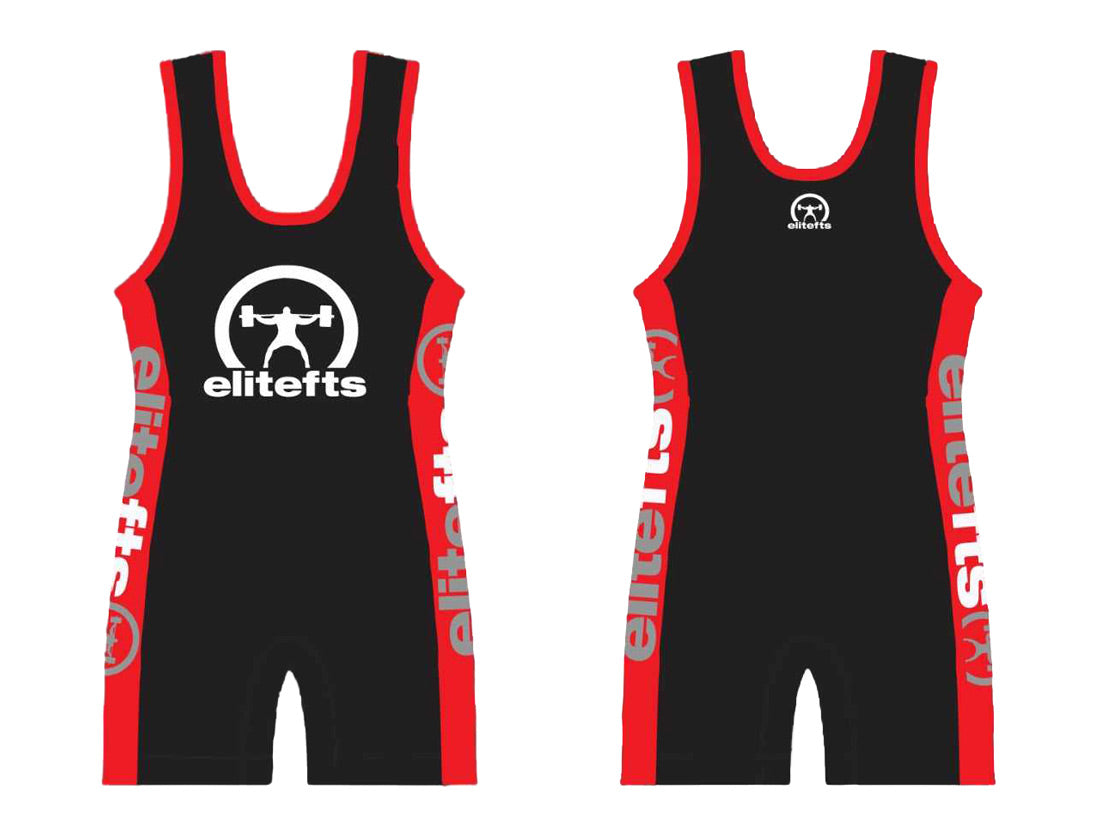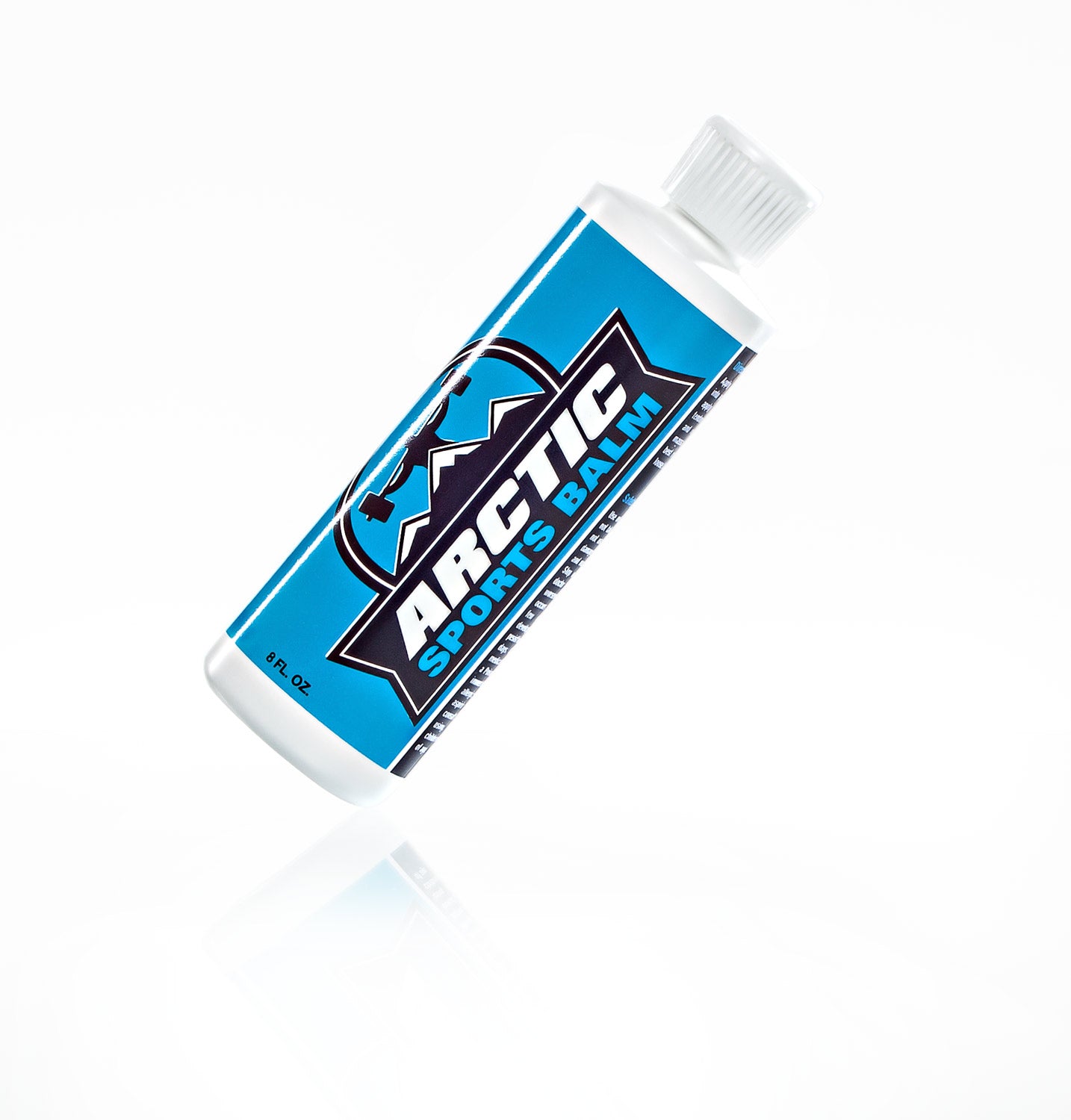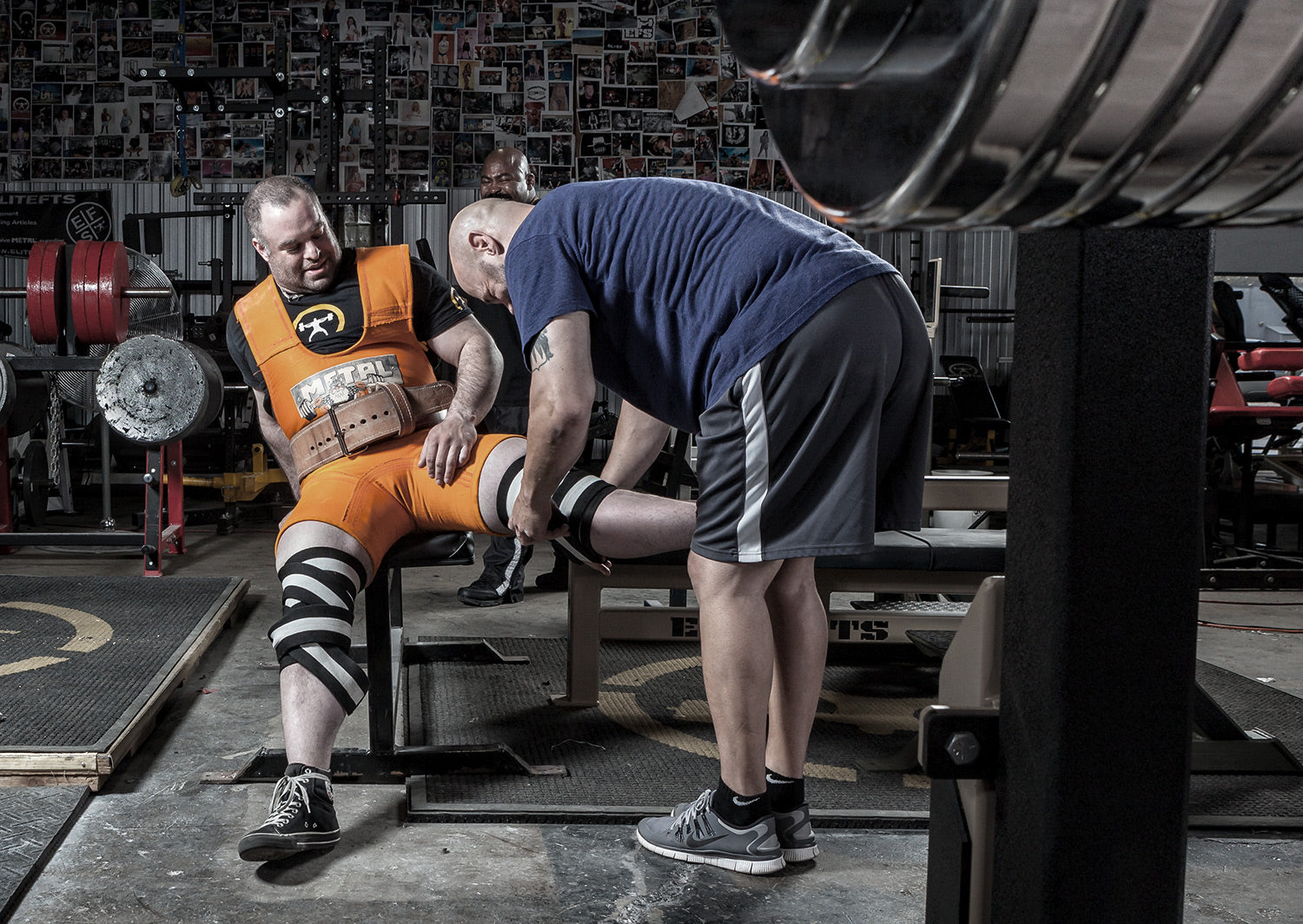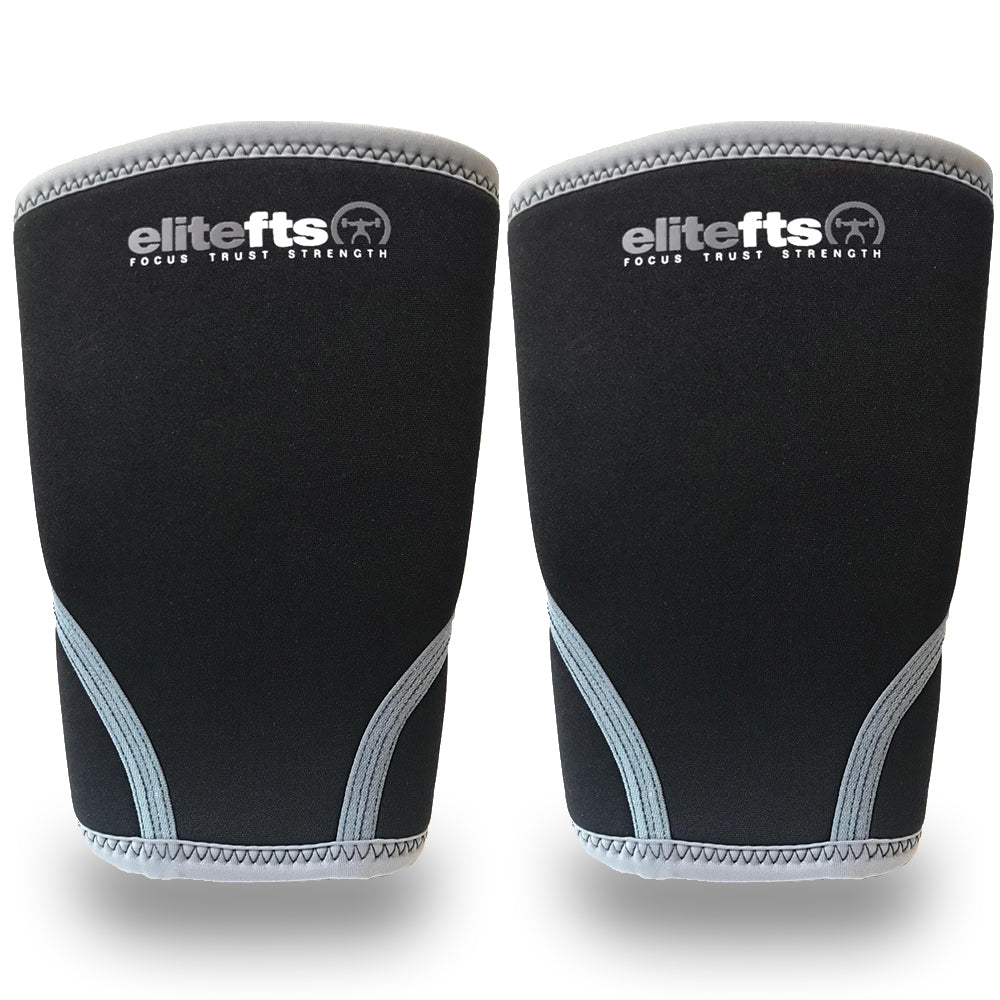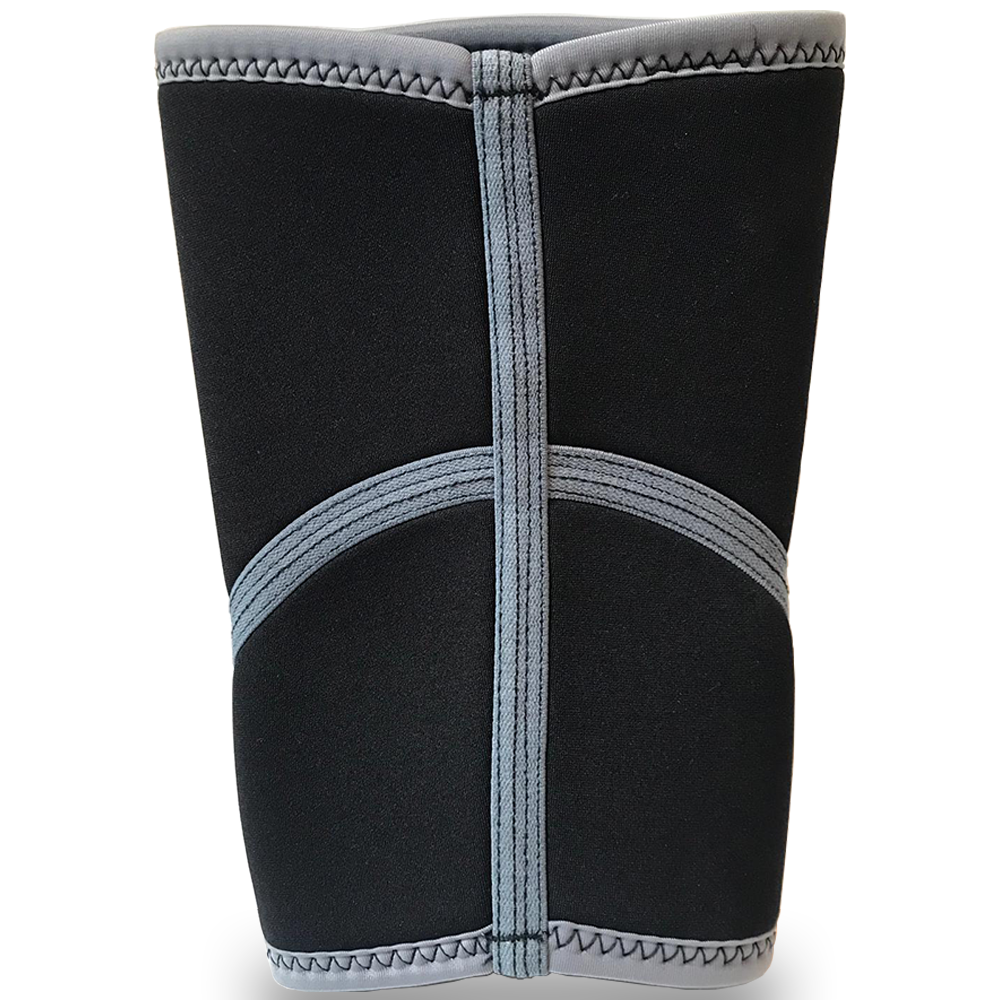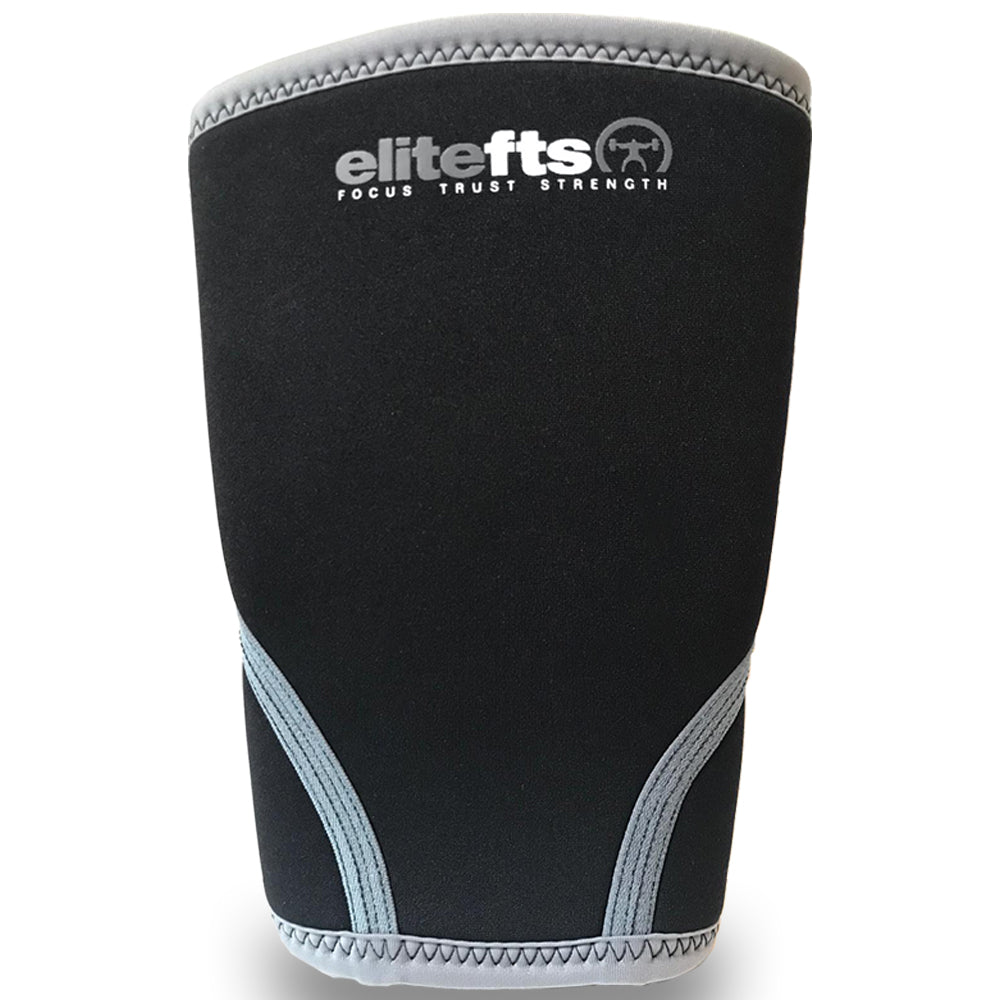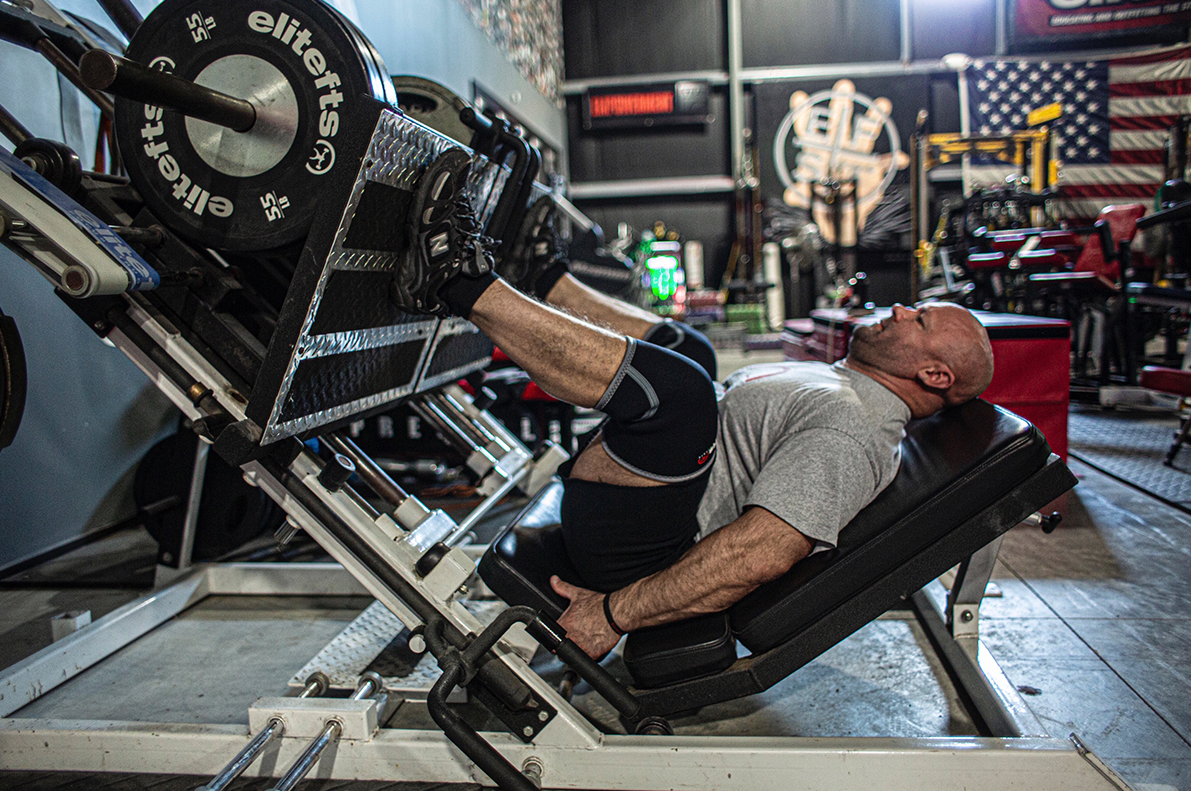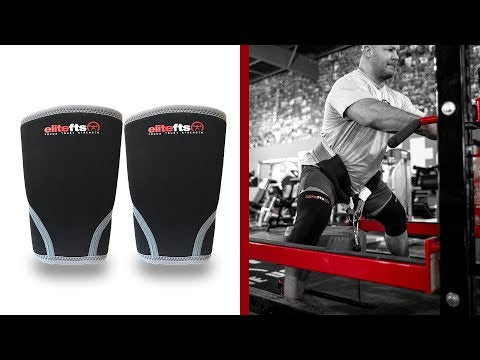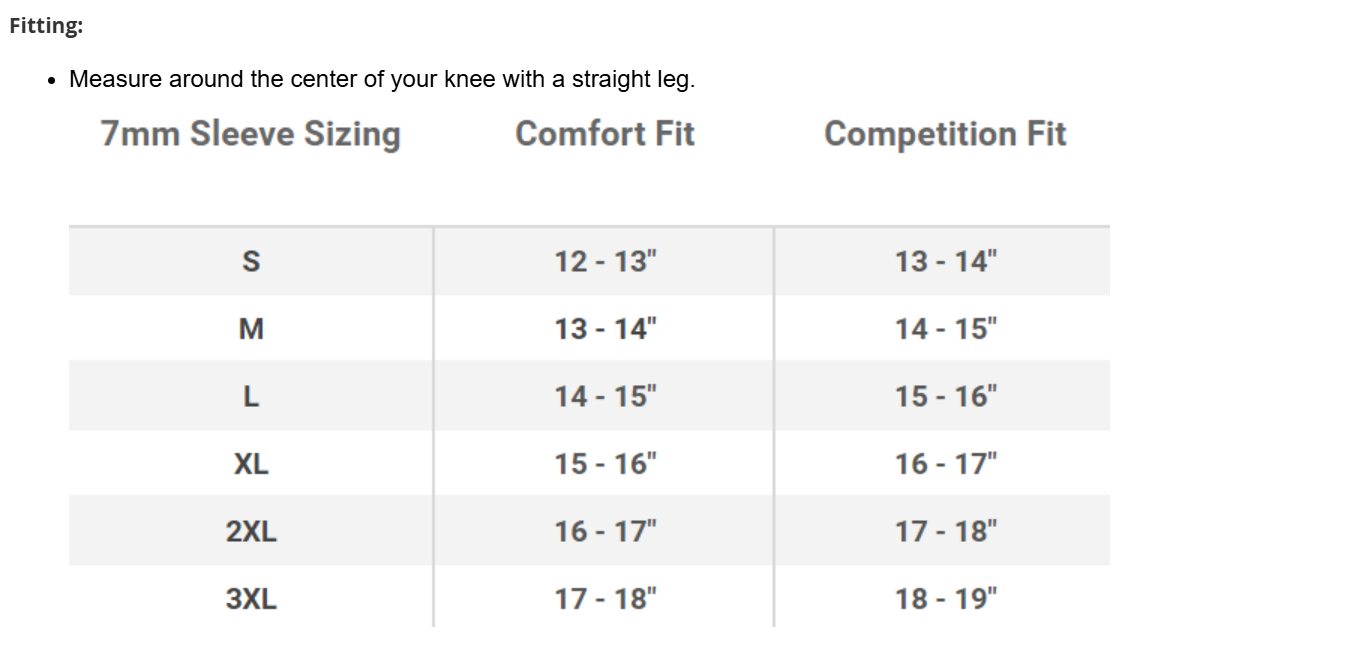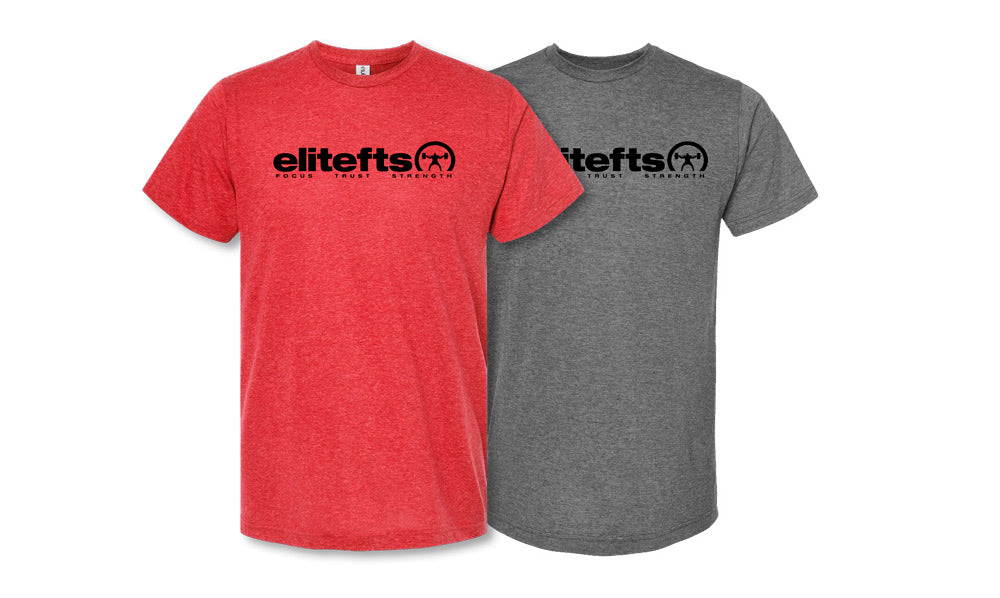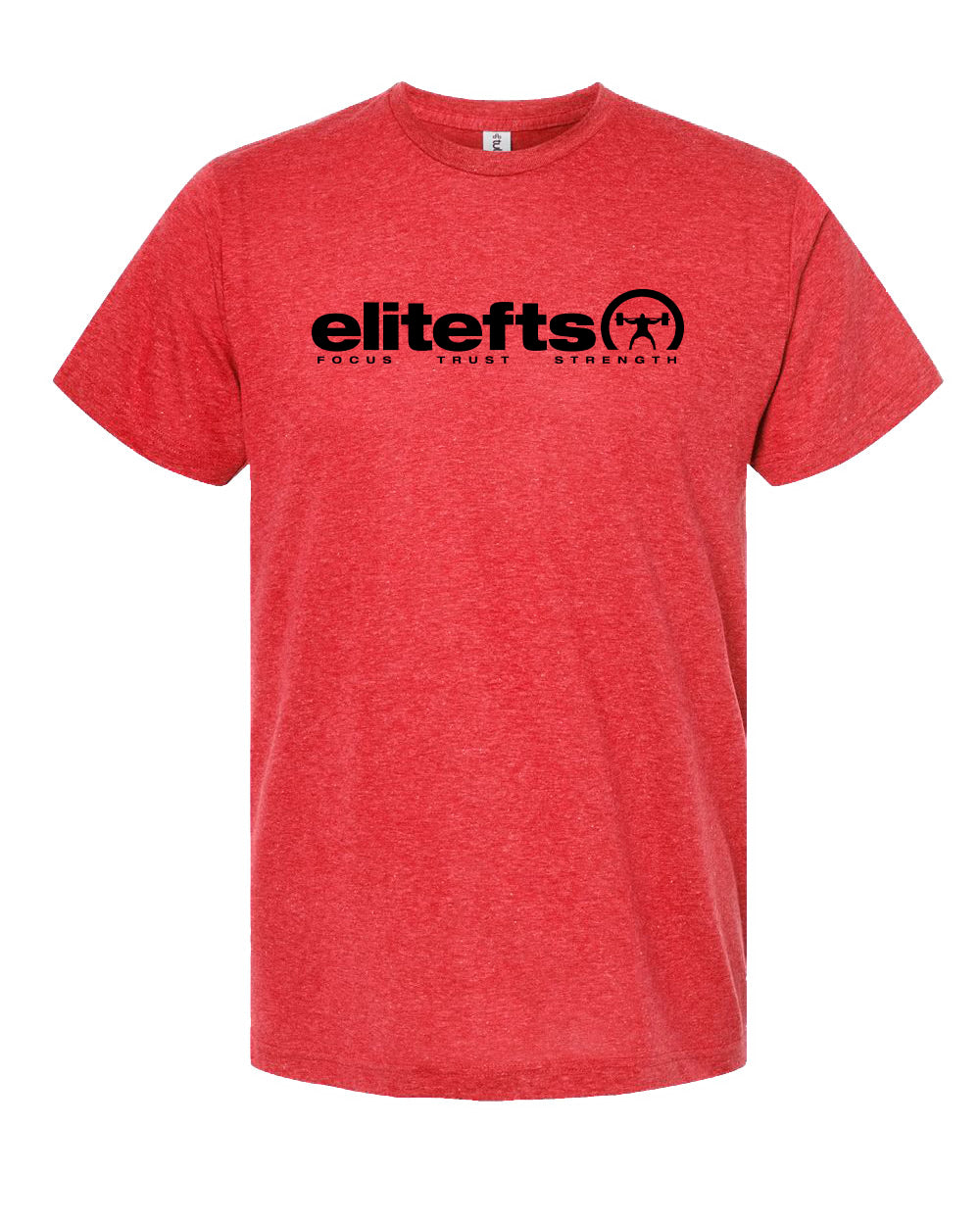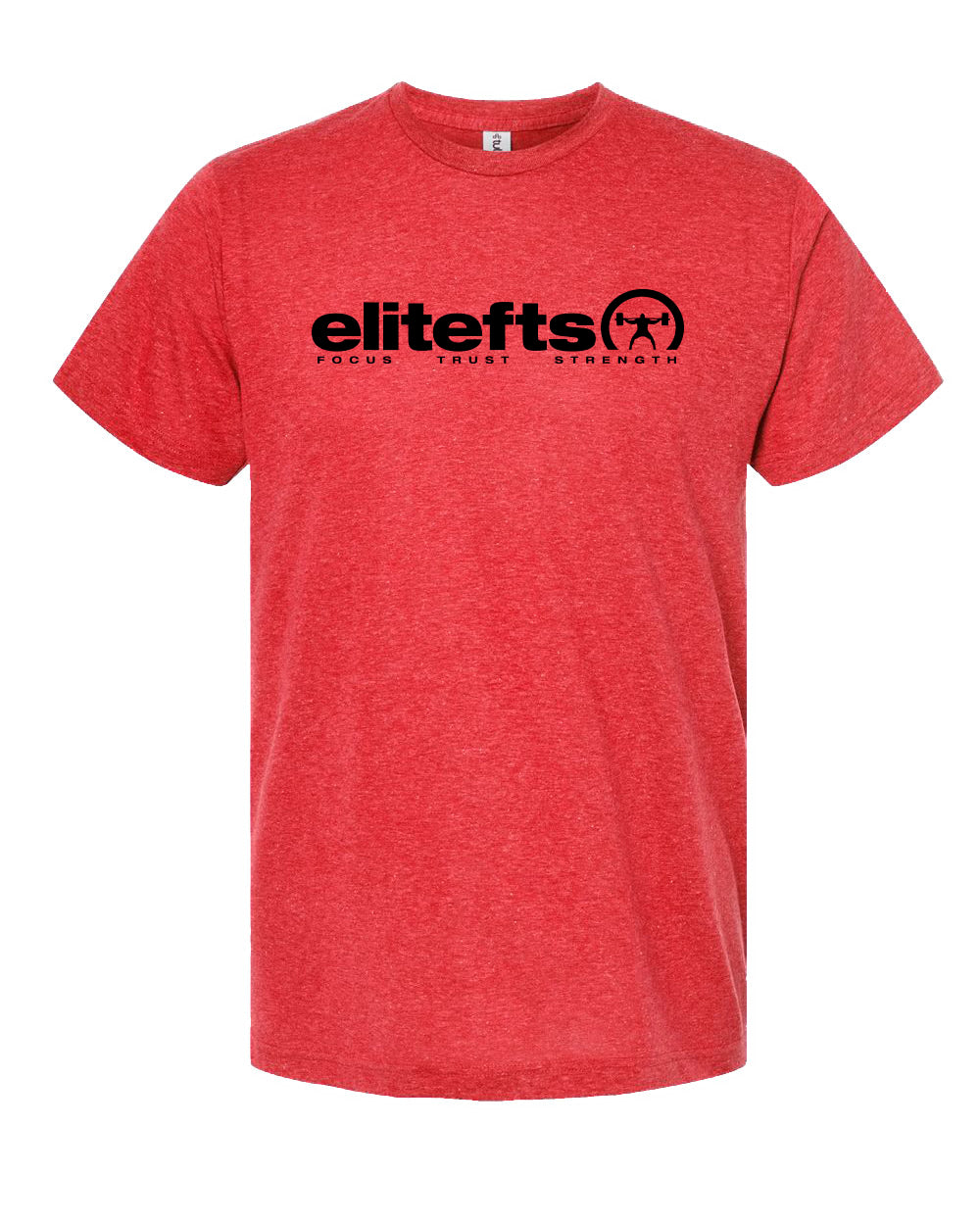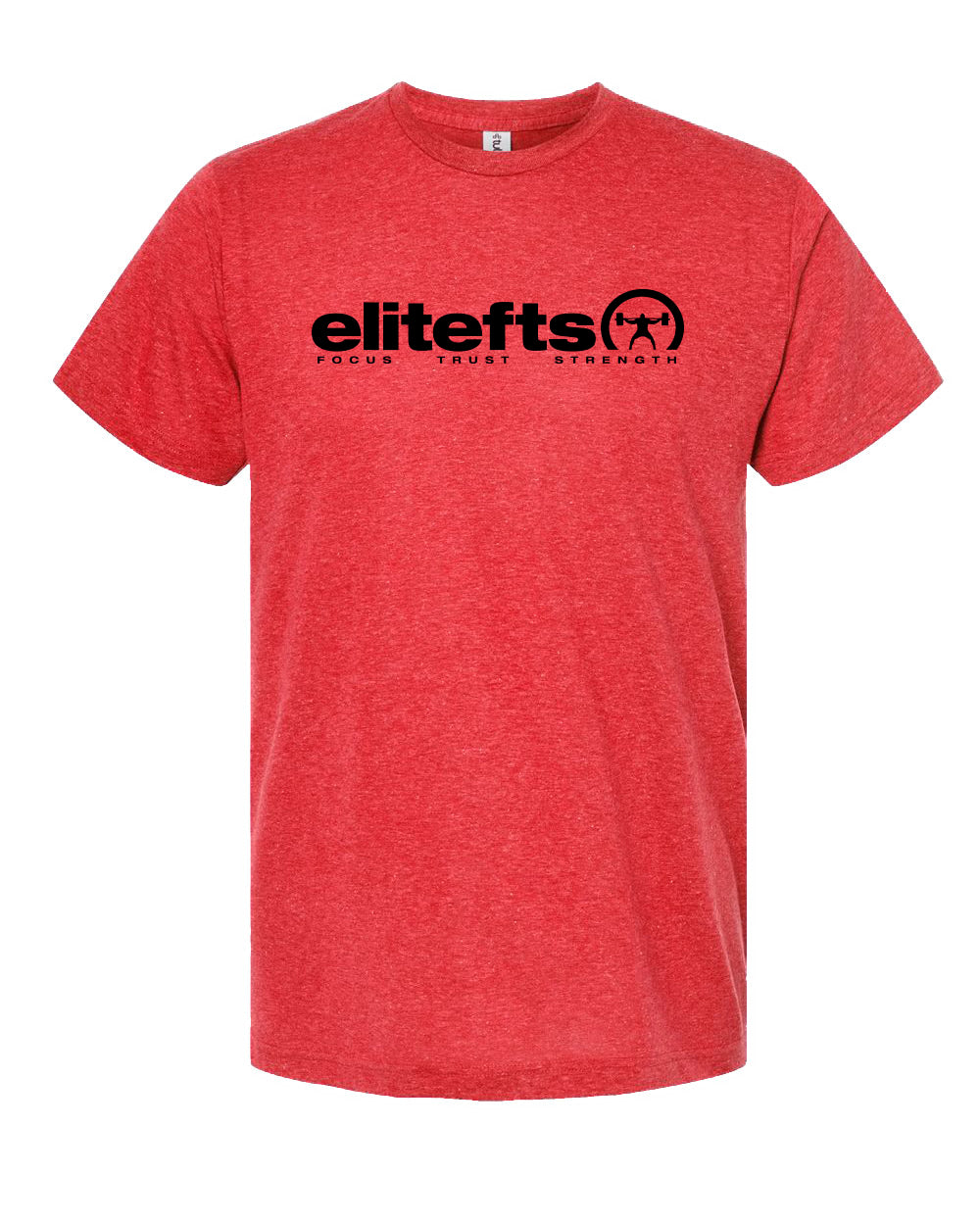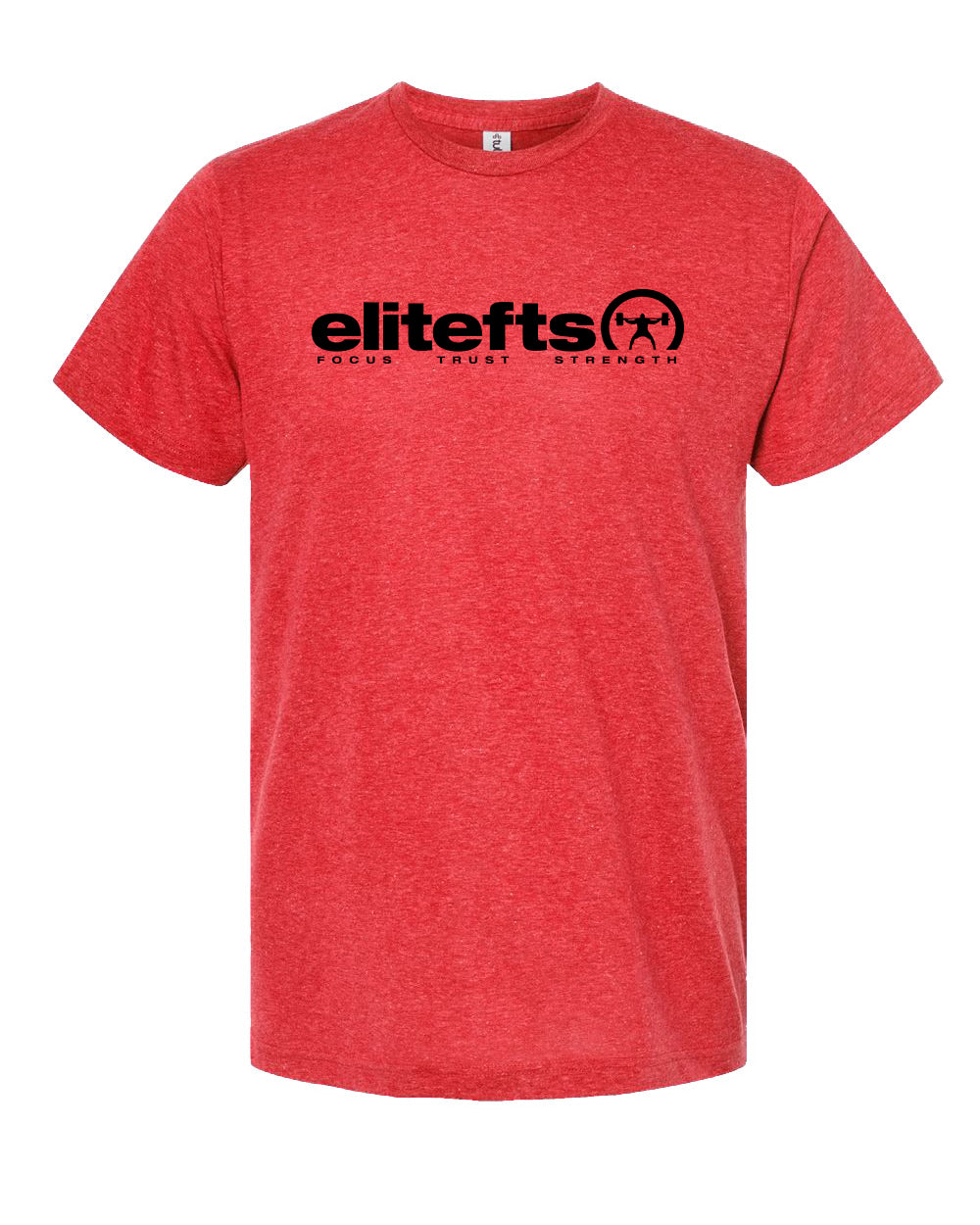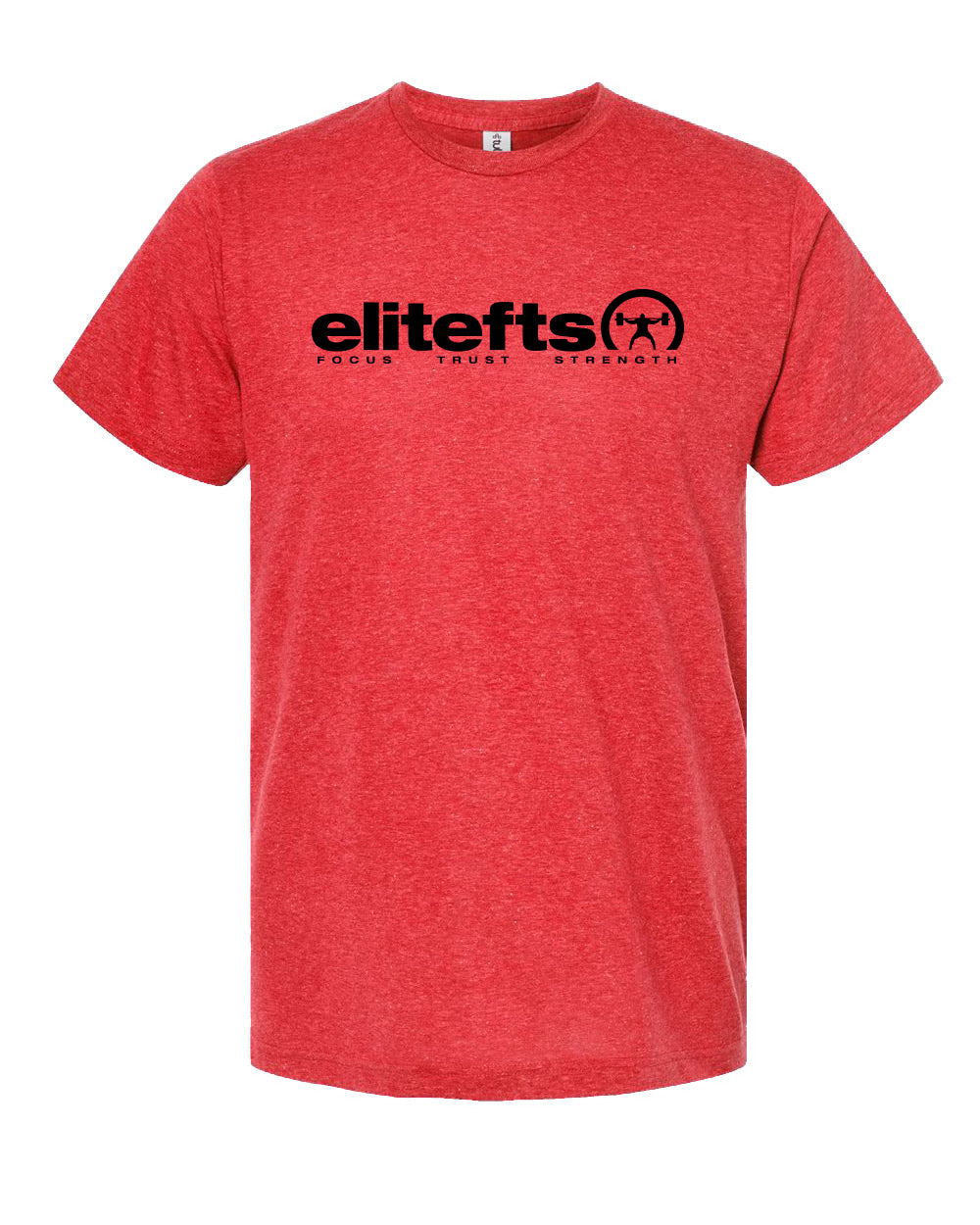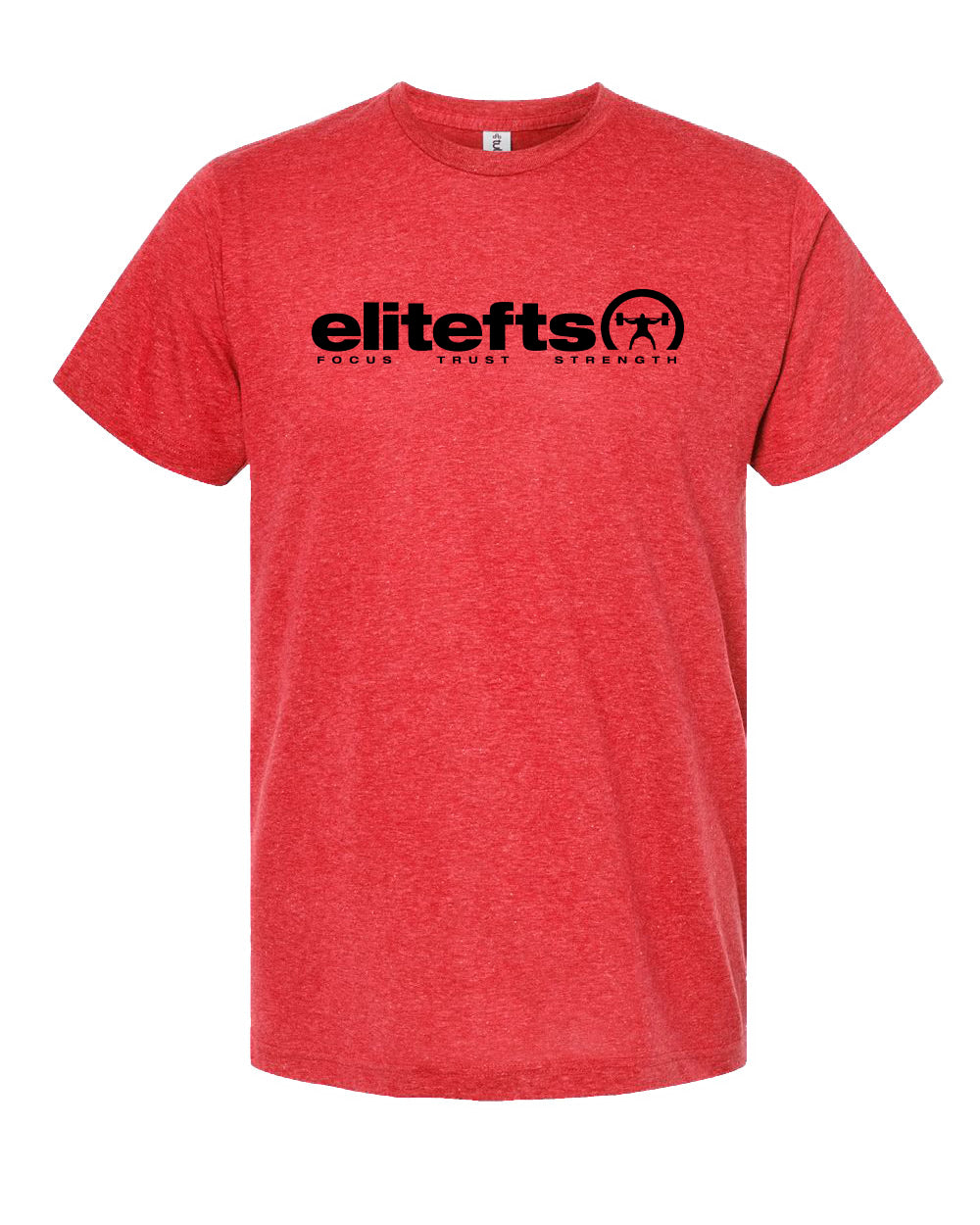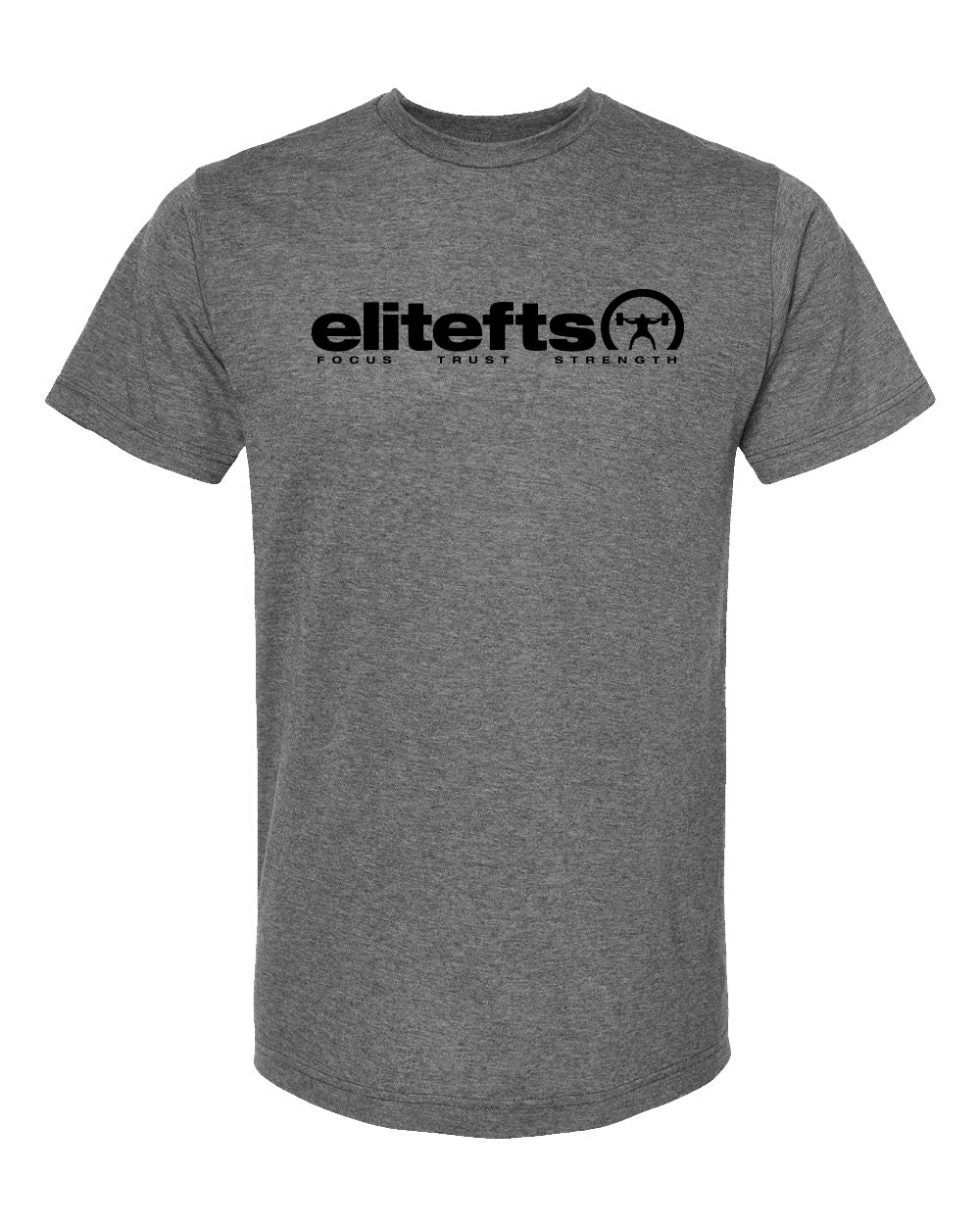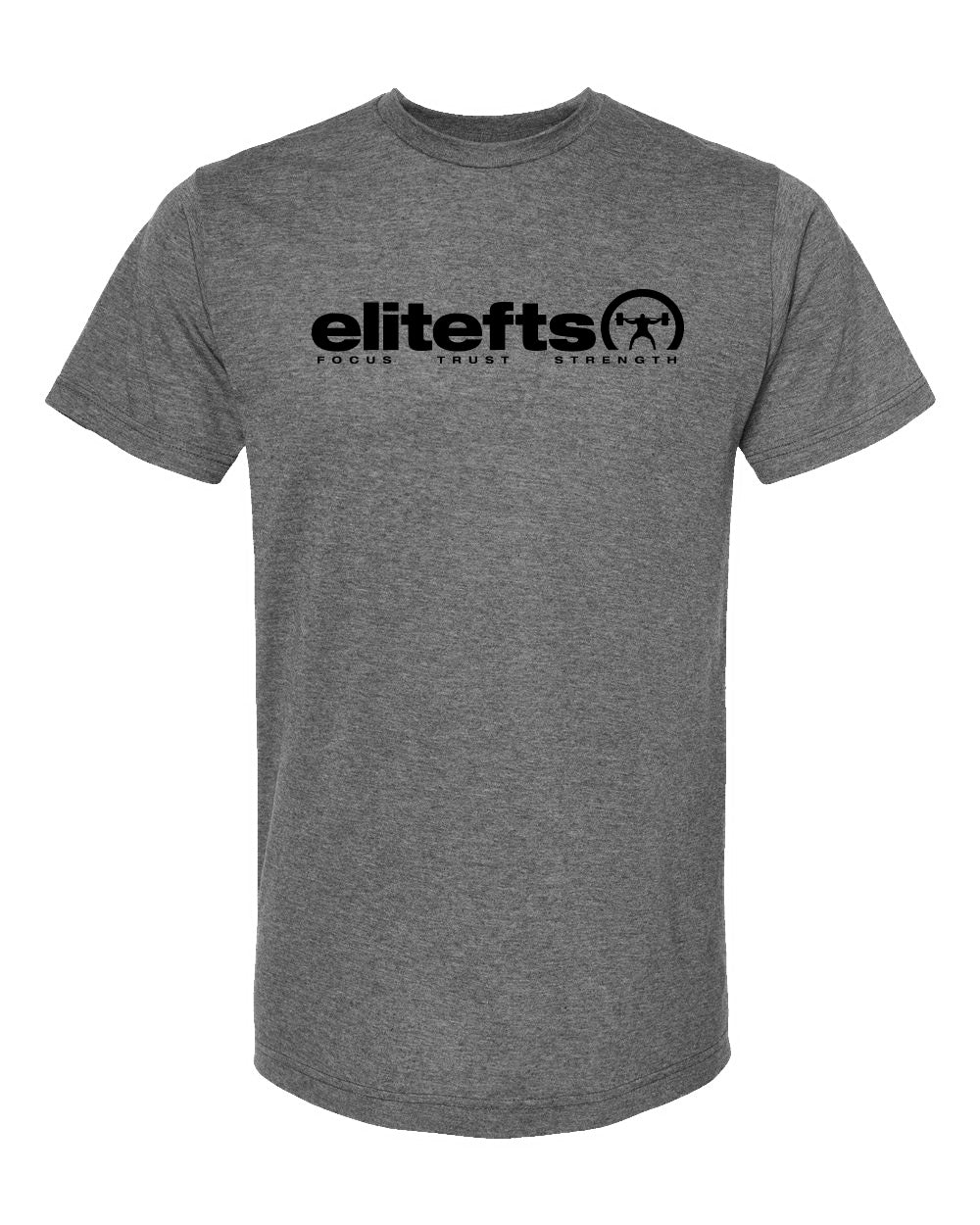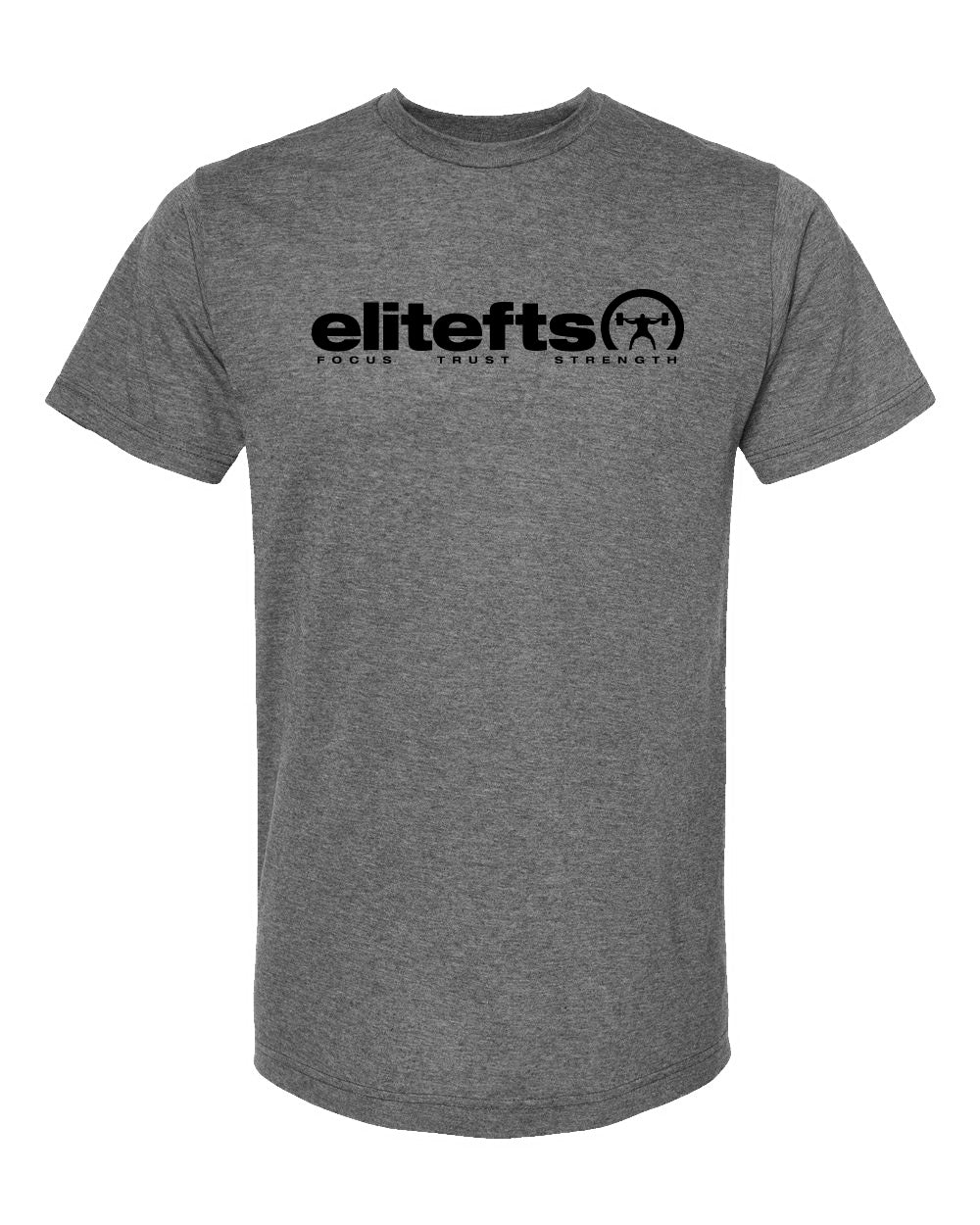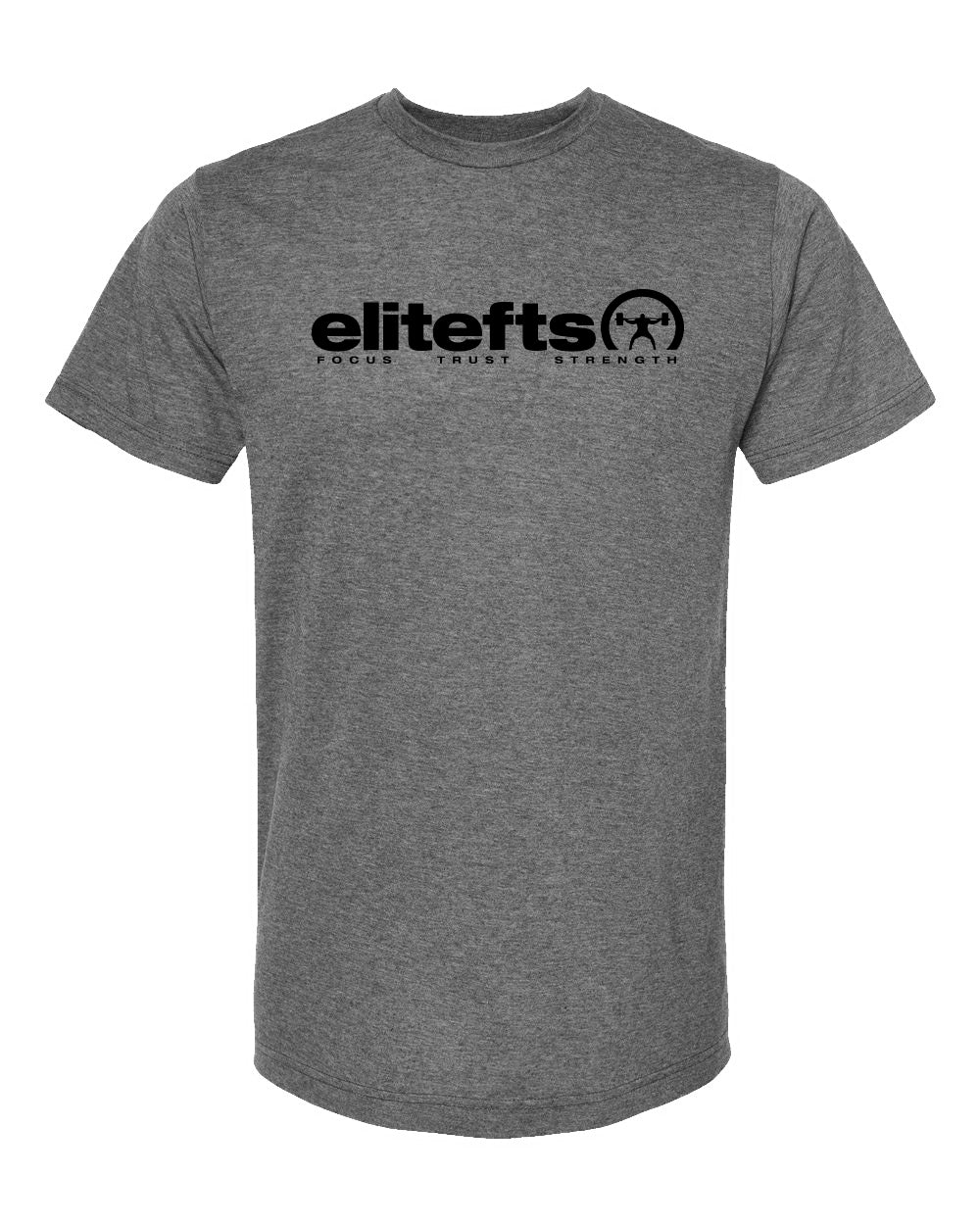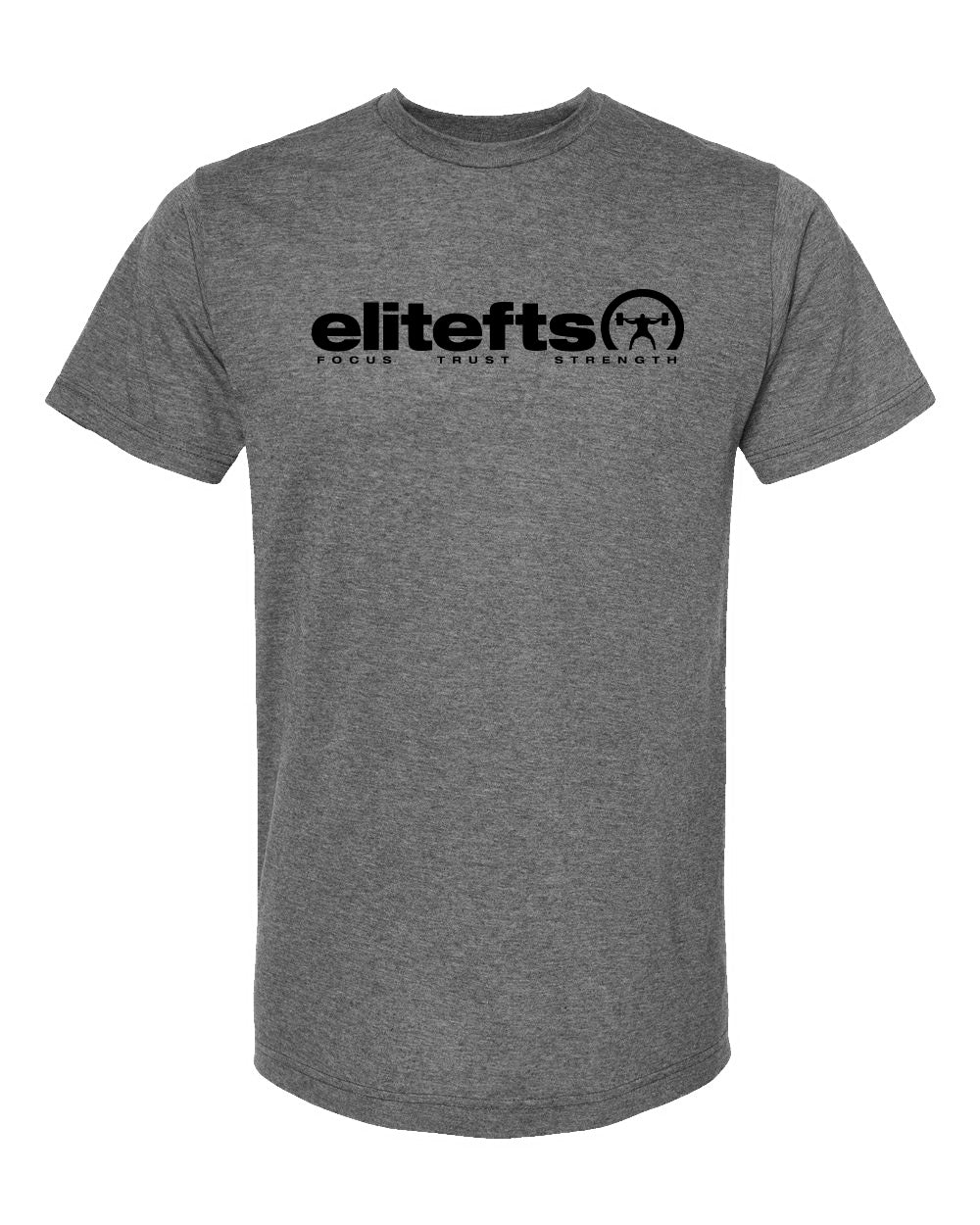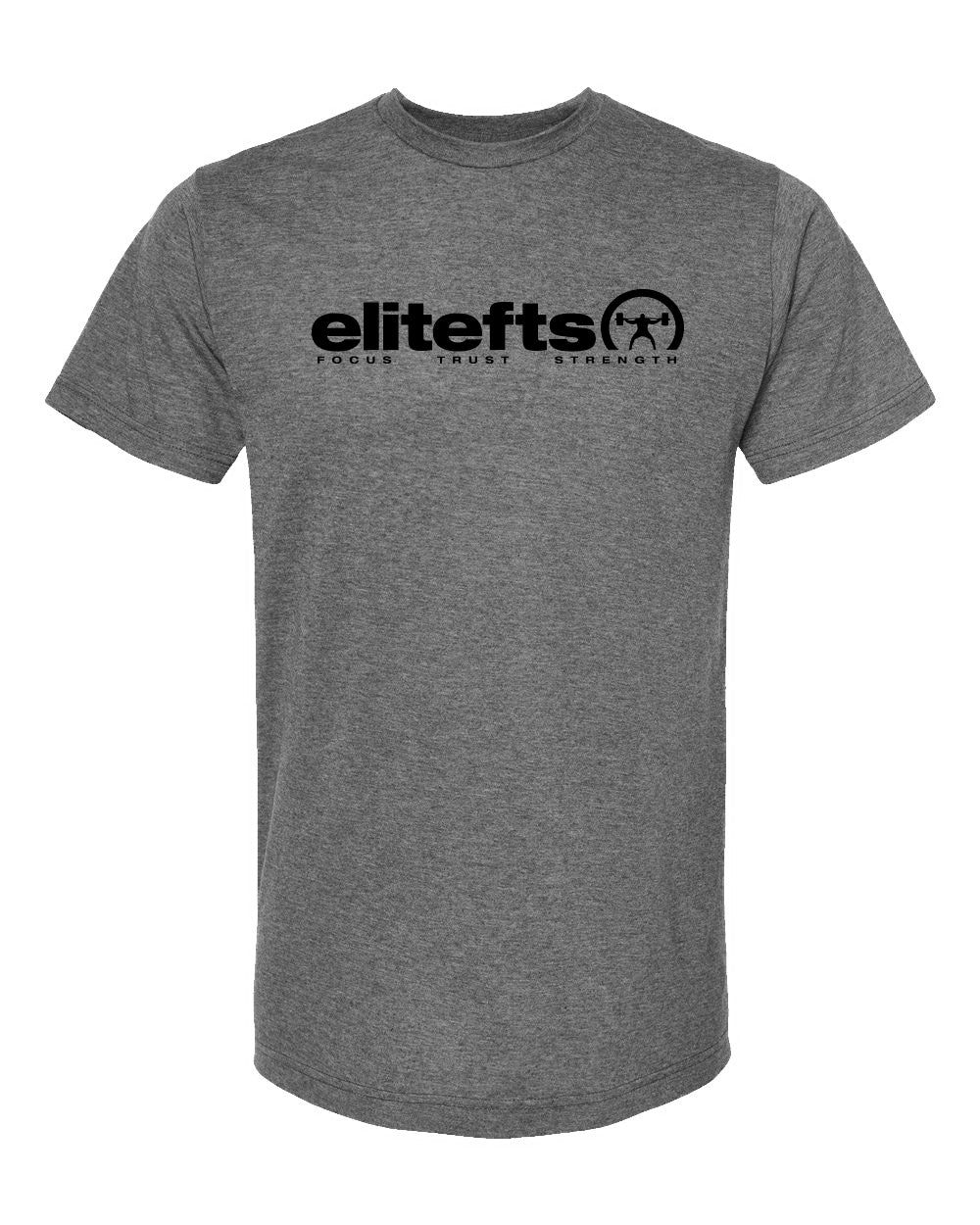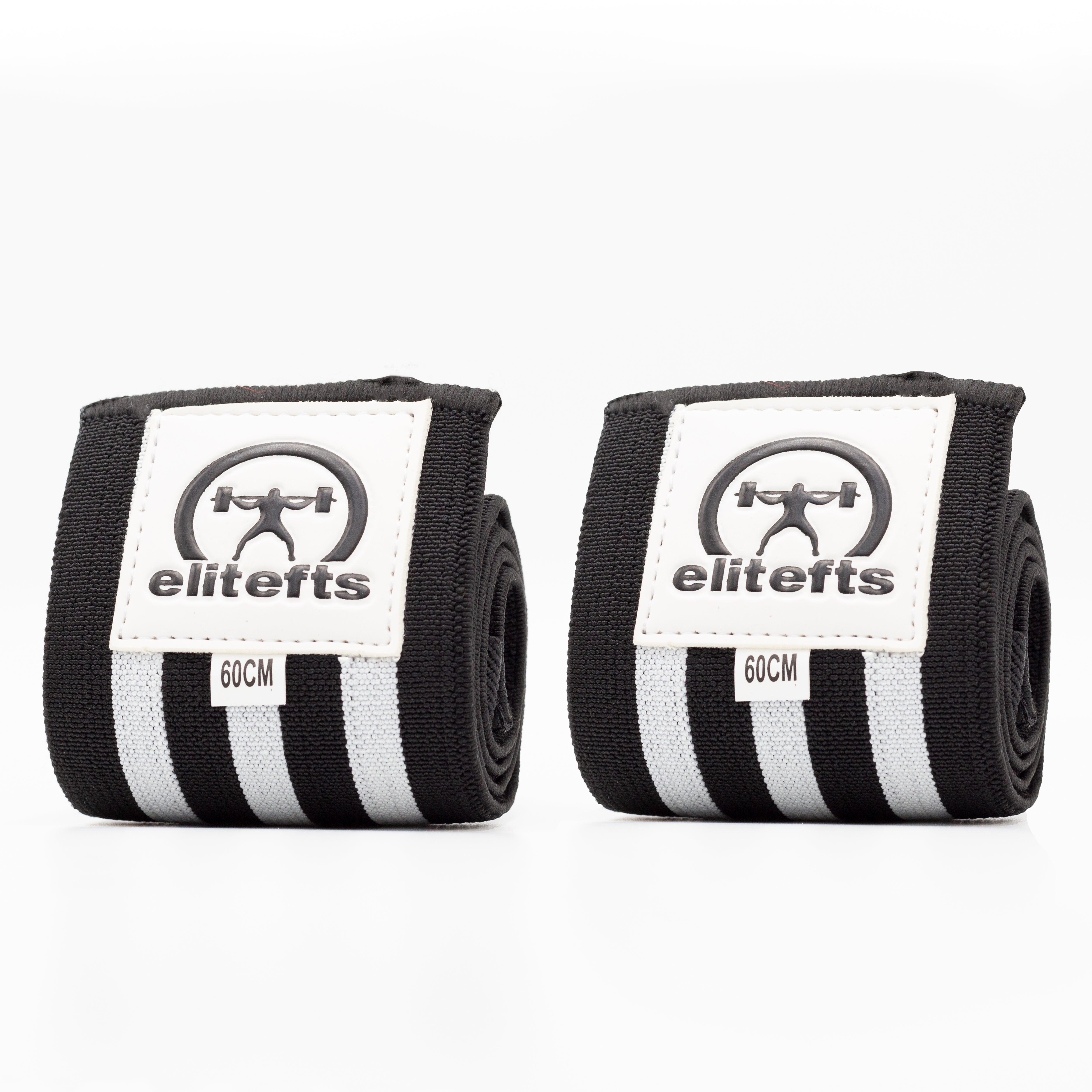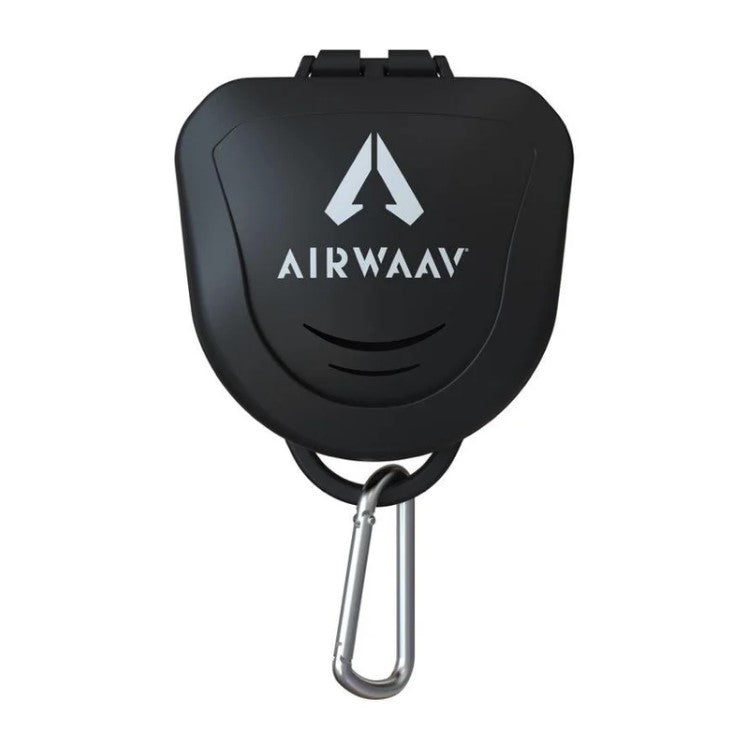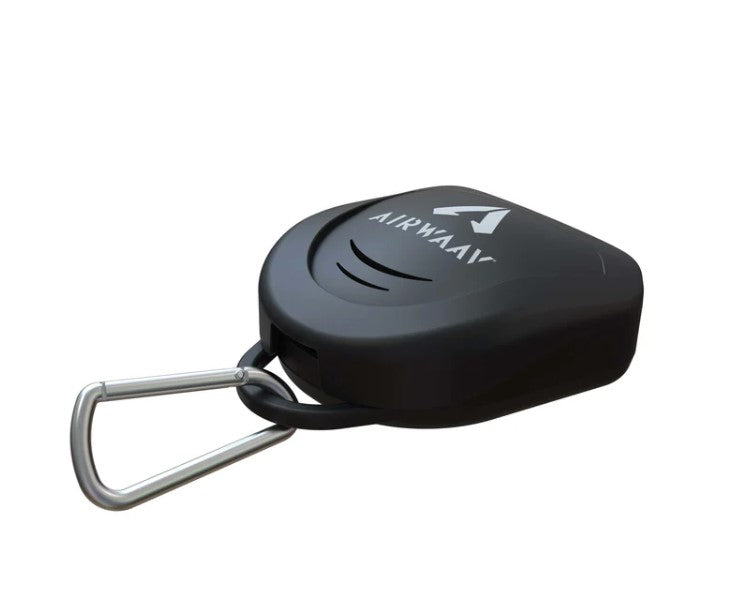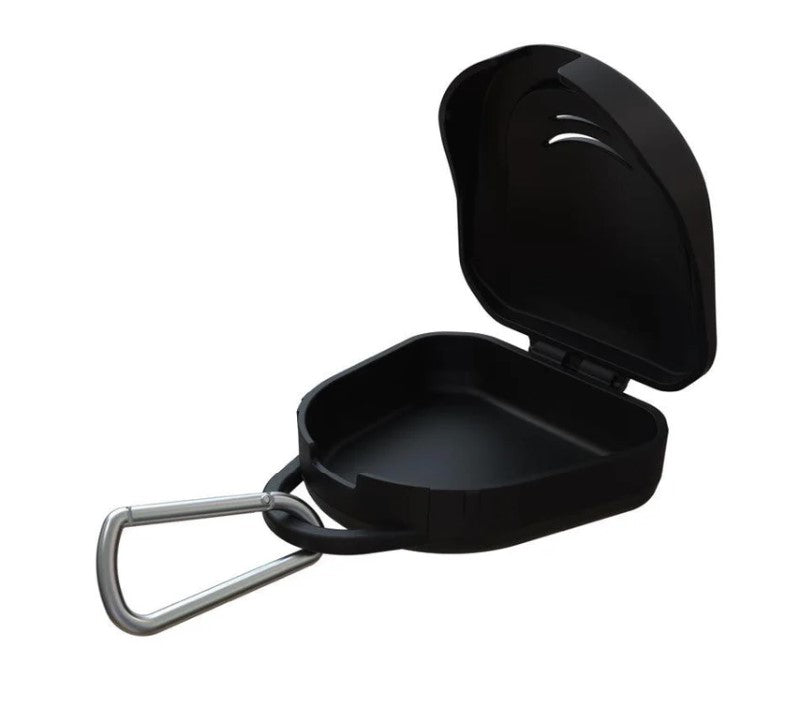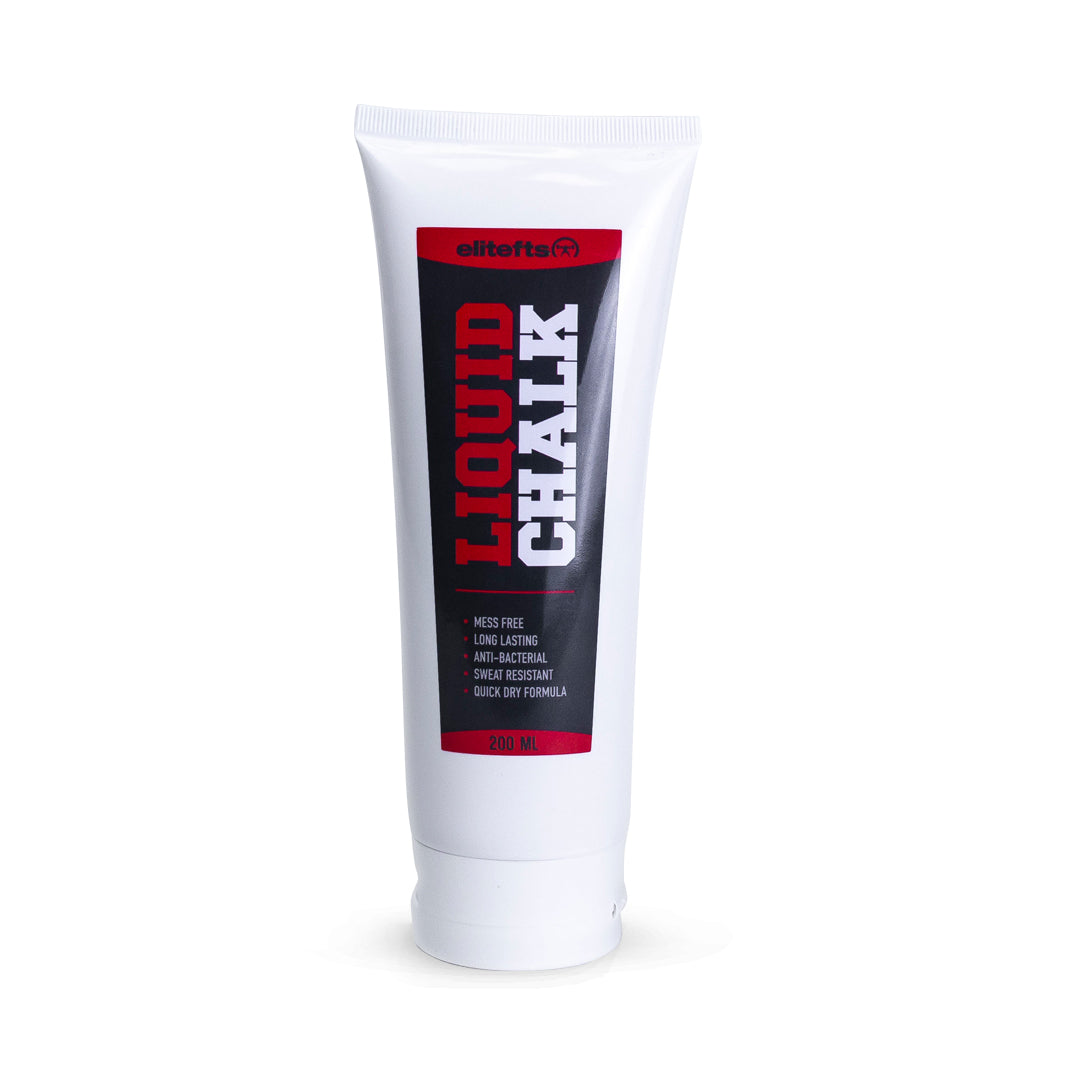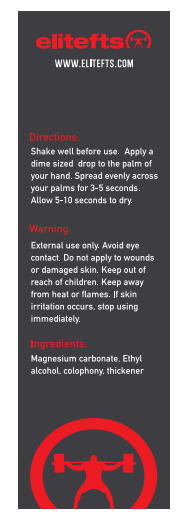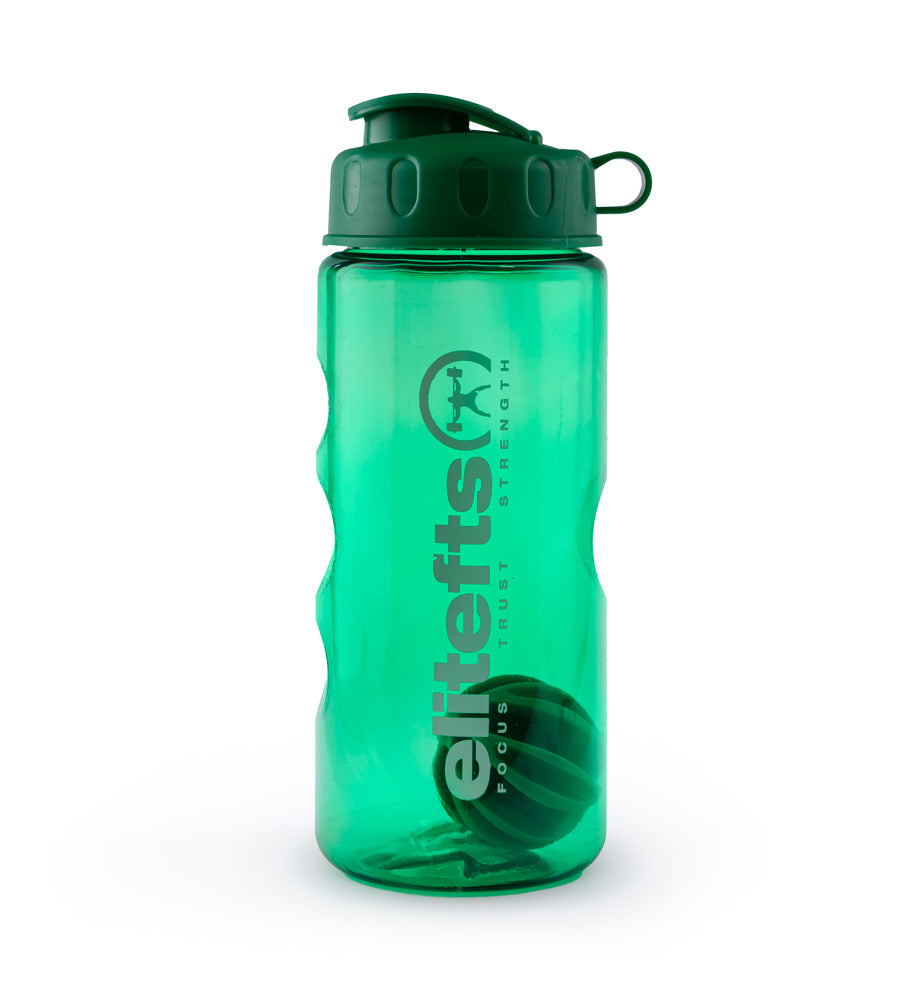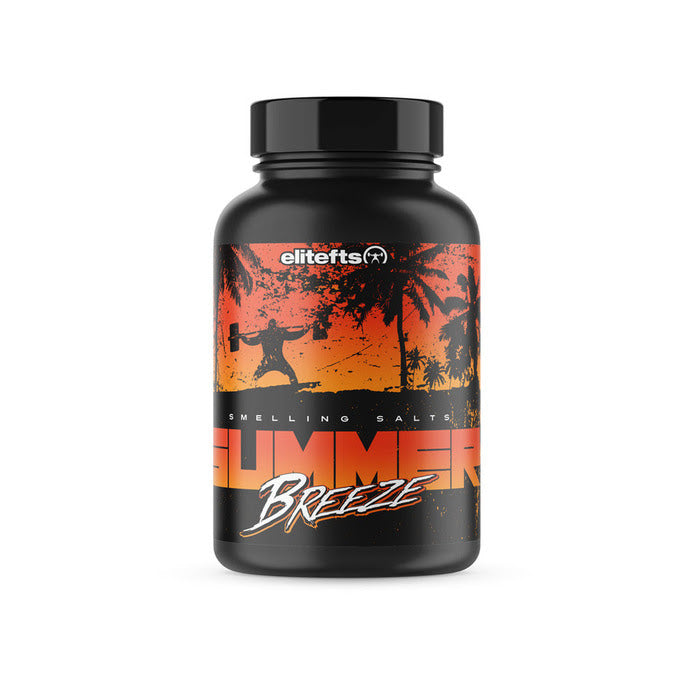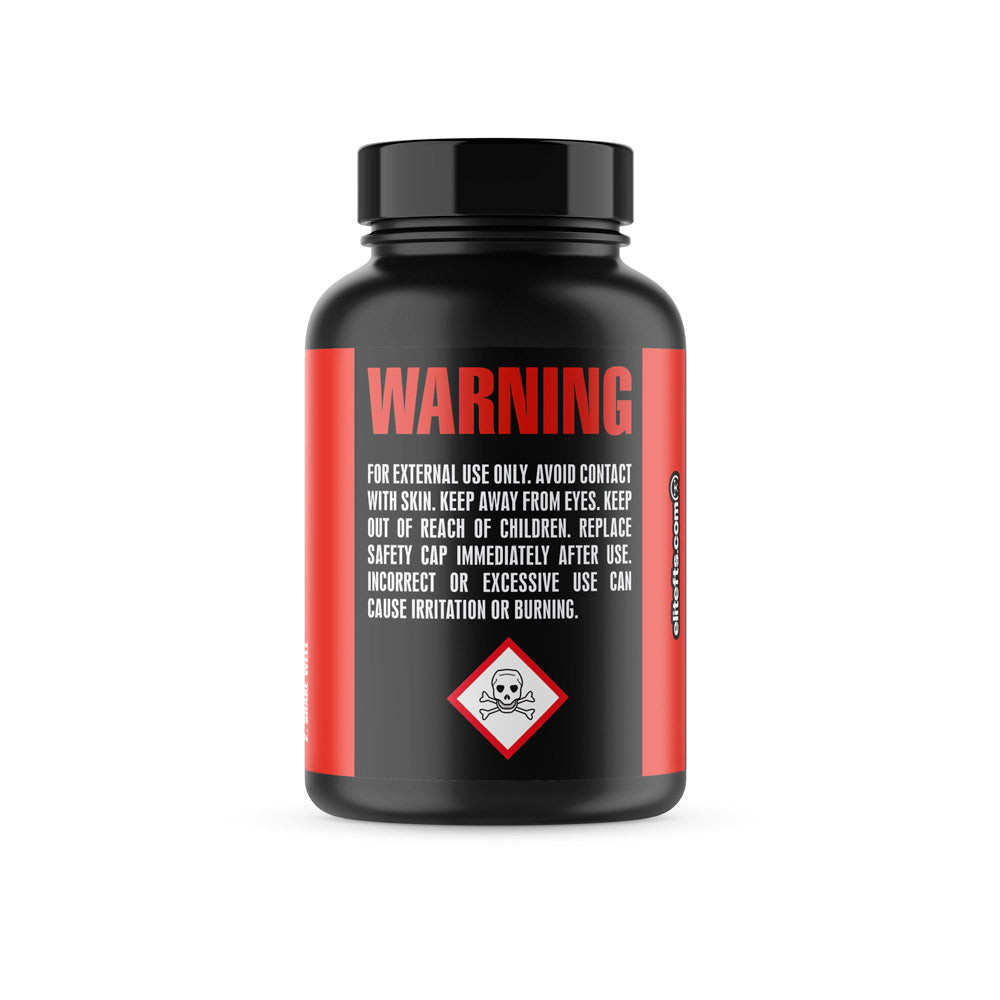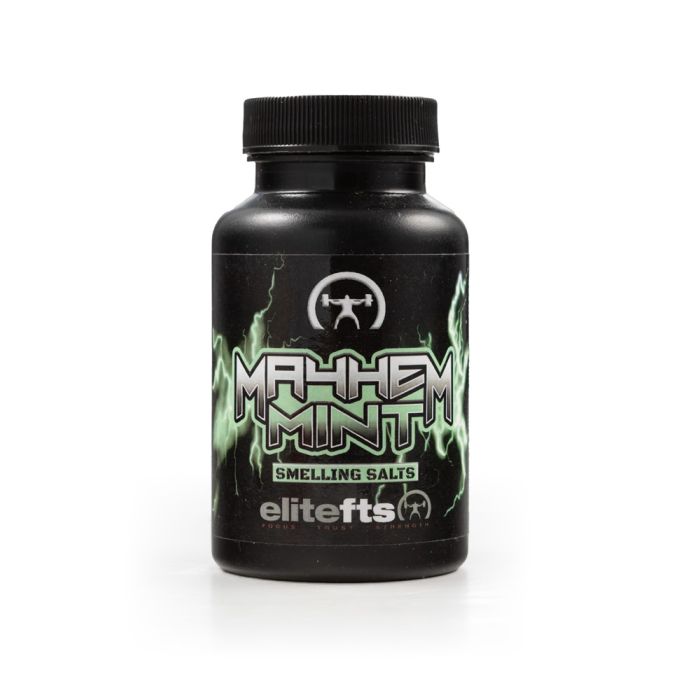One of the obligations we have as a training partner in addition to helping load, spot, and lift off is to point out to to our training partners the aspects of their technique that we see. Working closest with them, we are able to see what they are in need of for correction and/or affirmation. If you are in a one-to-one situation with a single training partner, this can be challenging, as you are mostly working to keep them safe while spotting them.
RECENT: So You Made Weight, Now What?
However, when possible, or if you have a team you train with, coaching (assuming you are not brand new to the sport) should be a part of your daily routine when training with your partner. Coaching can take many forms, be it creating a program for them, helping them at a meet, or planning their nutrition. In this case, I am really honing in on the set-to-set, rep-per-rep coaching with regard to technique. Programming, meet prep, and nutrition really won’t come into play if your partner’s technique is poor as that will serve to sabotage even the best constructed training or nutrition program. In my personal opinion and experience over two and a half decades of powerlifting, technique trumps all. Without it, the lifter is destined to produce sub-par results compared to what they would achieve with all other variables being the same with the addition of sound technique.
At the Monster Garage Gym, we have a mix of powerlifters who train together. The diversity is rich as we have elite, novice, intermediate, geared, raw, male, female and all time record holders all training together. That being said, there is coaching going on with virtually every set and rep regardless of the type of lifter. The coaching varies as do the lifters, but the focus remains the same: point out the shortcoming that is impacting the lifter in a negative way. What I am not talking about is encouraging, cheering on or motivating the lifter, as those can be verbal cues as well. Being your training partner’s encourager and being your training partner's coach are two things that can happen simultaneously, but they are also mutually exclusive and the difference is stark to say the least.
MORE: Building A Great Lifting Crew — Advice for Hardcore Lifters
The above training video is an example of the coaching cues during a set, sometimes for every rep within the set. The verbal cues are not merely reminders, but commands for the lifter to heed as we want to squeeze every ounce of power and strength out of each and set because that is the only way we become strong(er) tomorrow than we were the day prior.
Be the technical sounding board, the mirror, the one who critiques and corrects the technical flaws in your training partner. This has to happen every training session, set after set, rep after rep.








